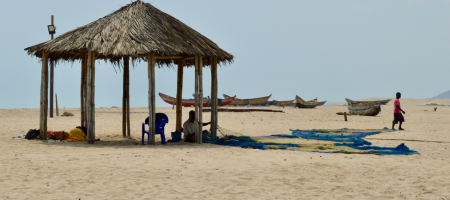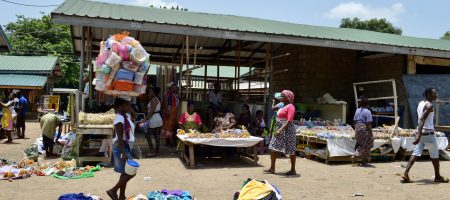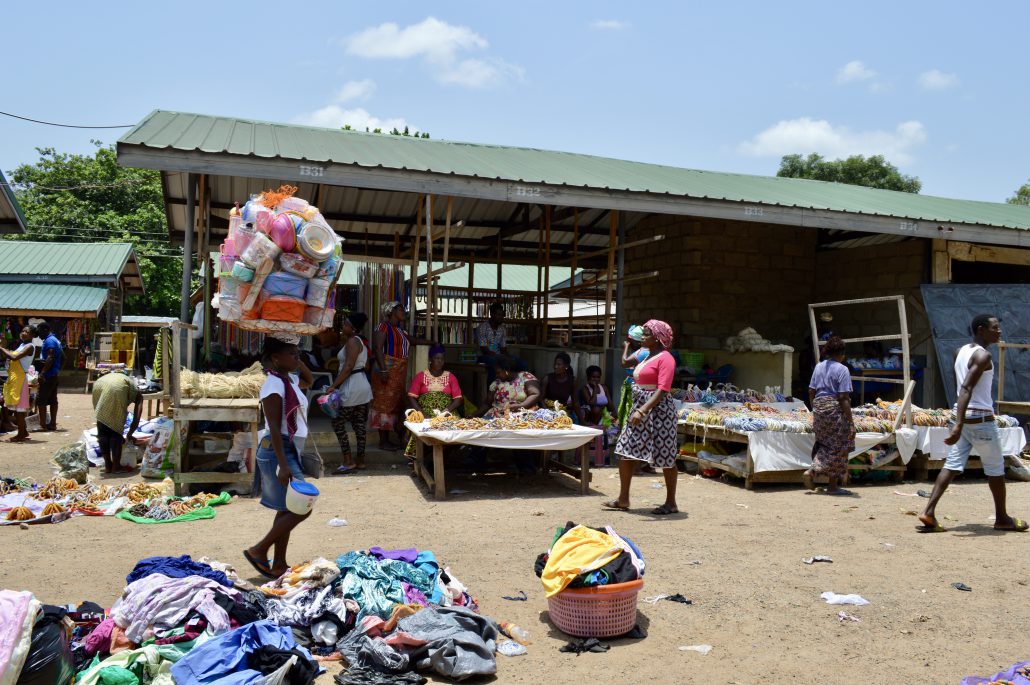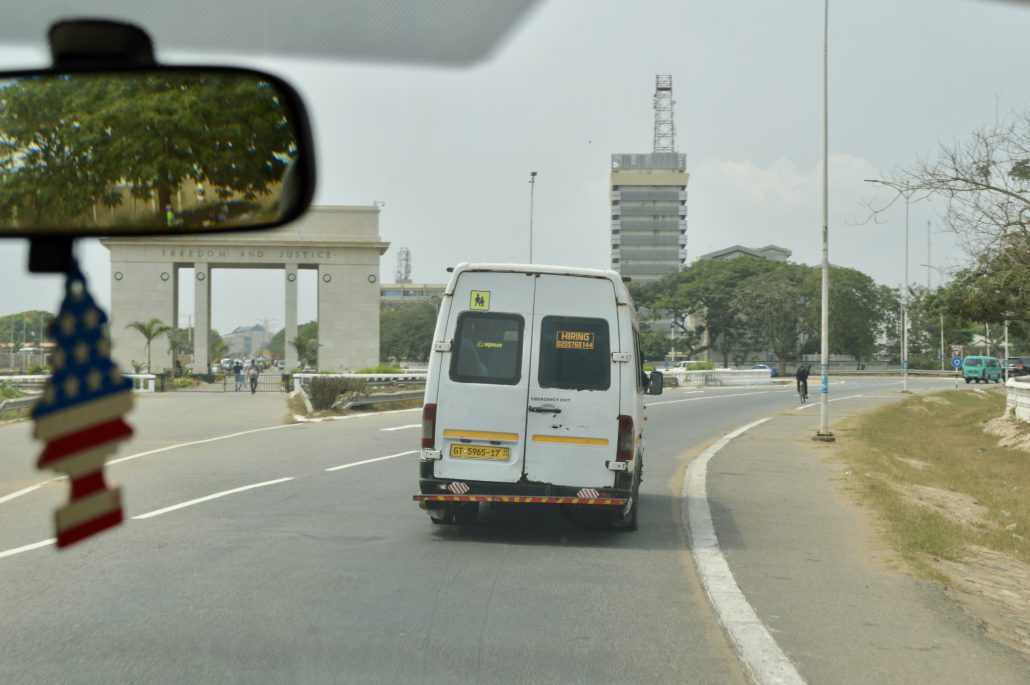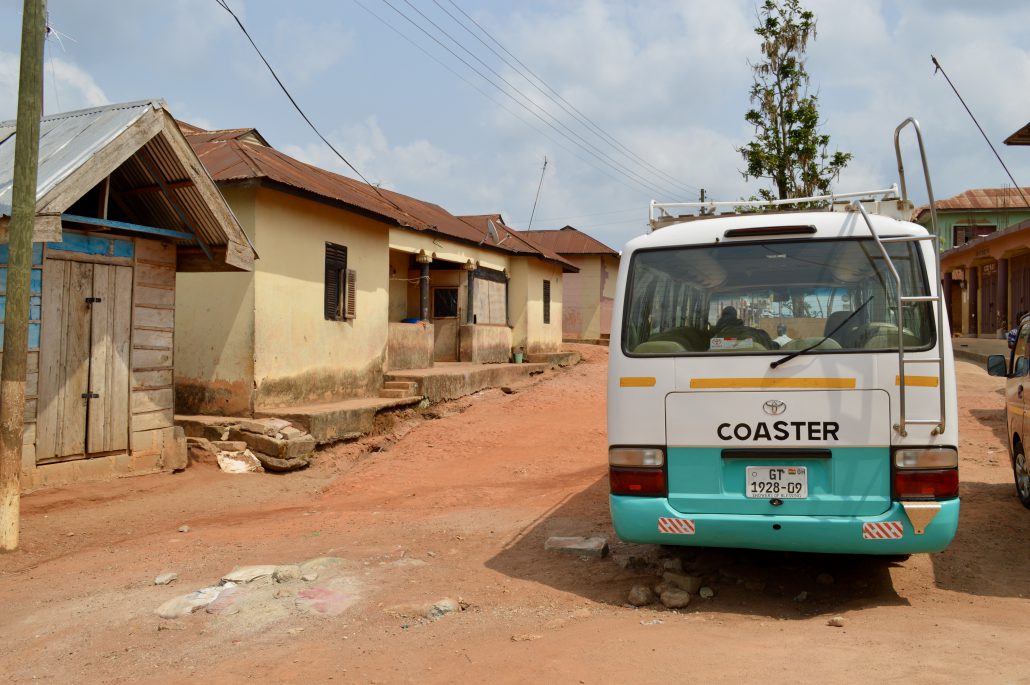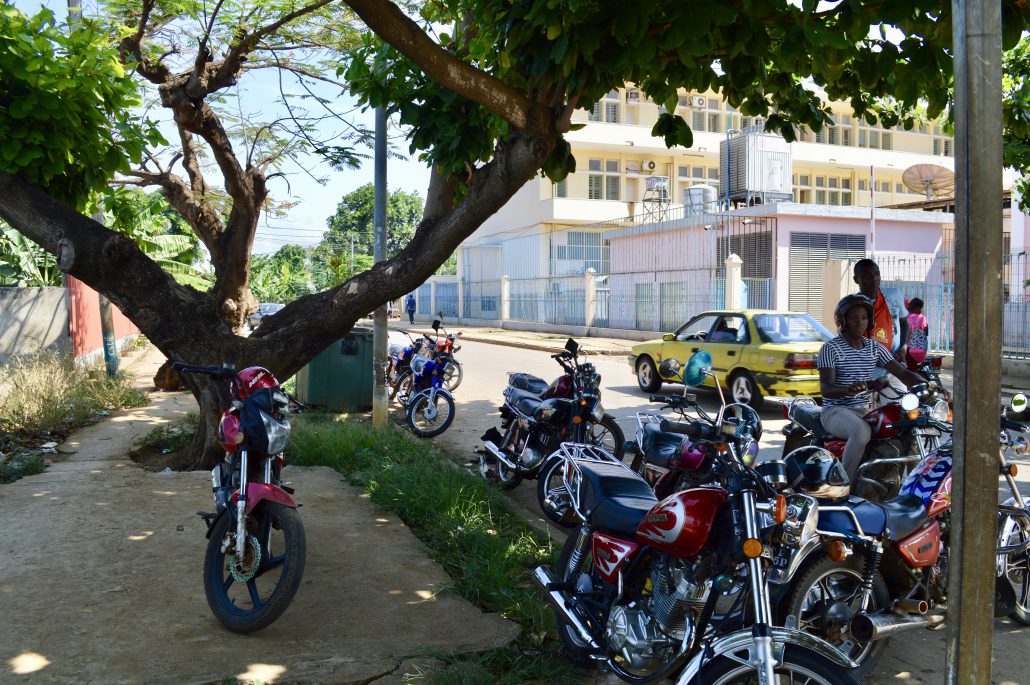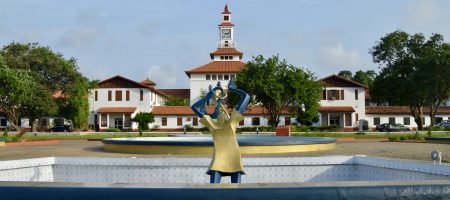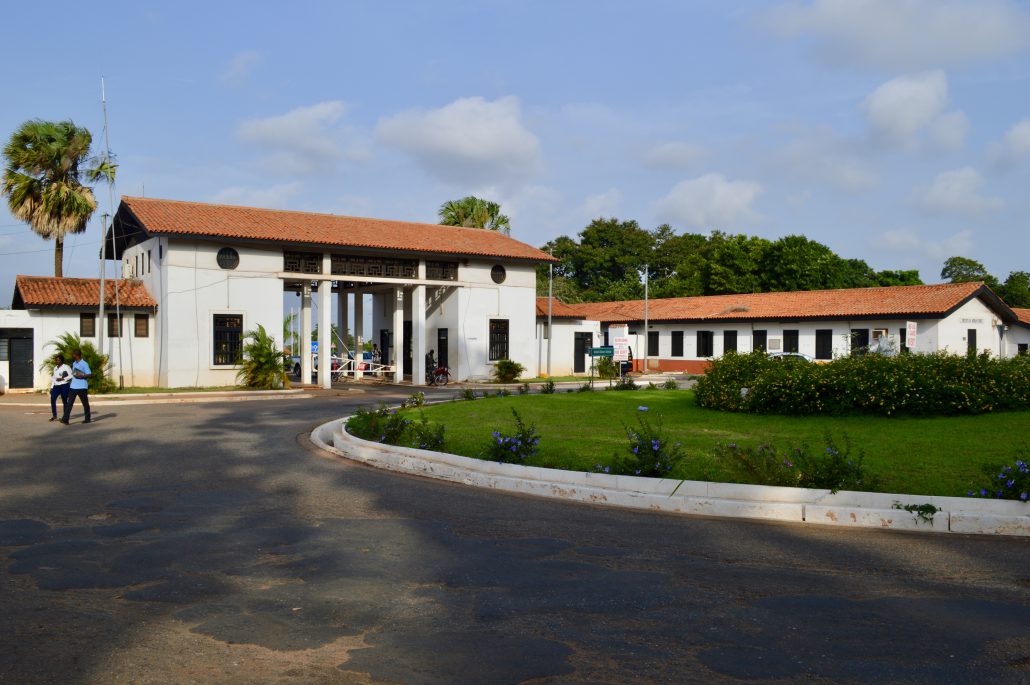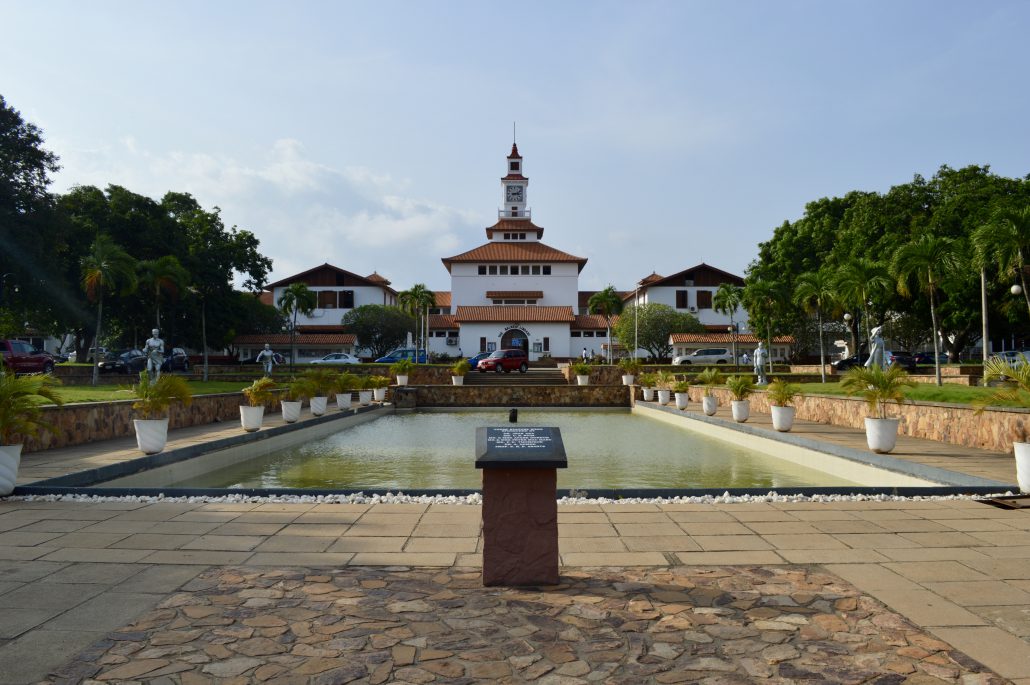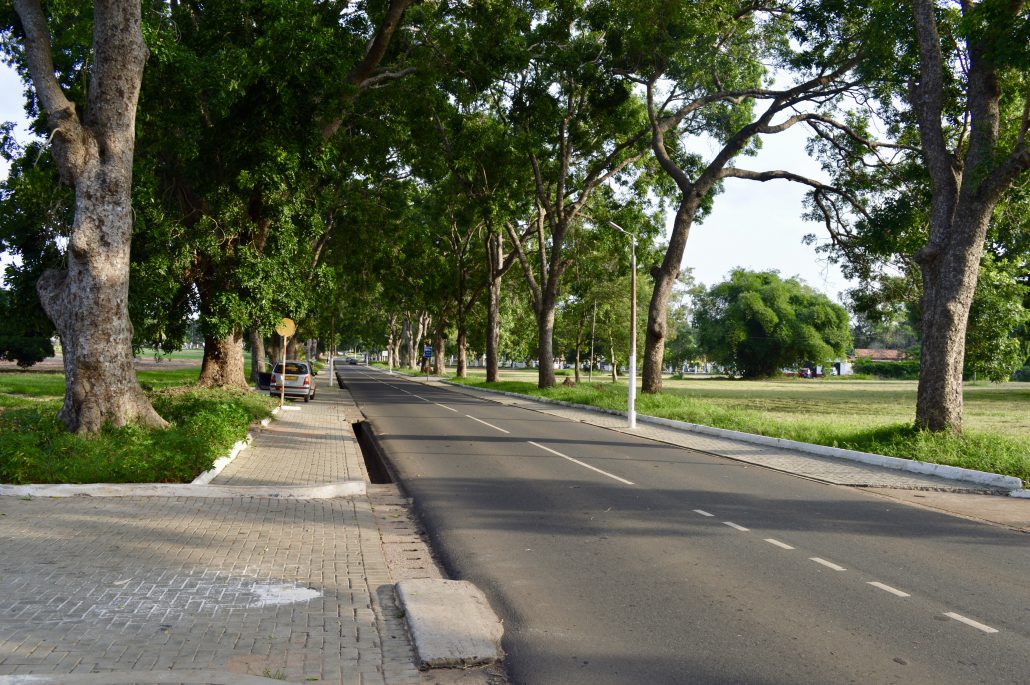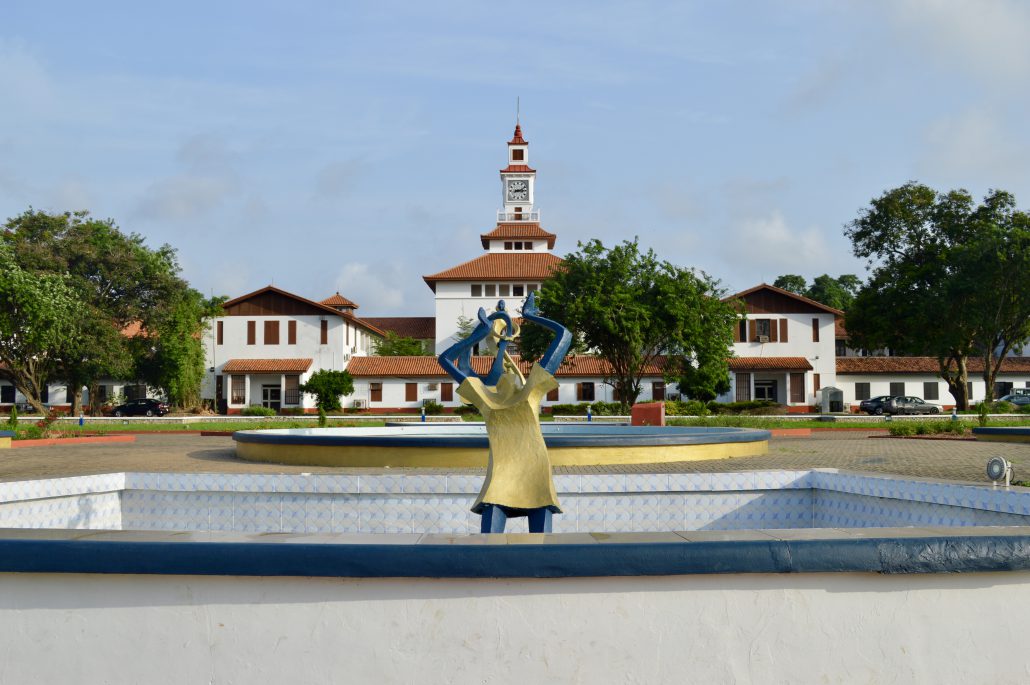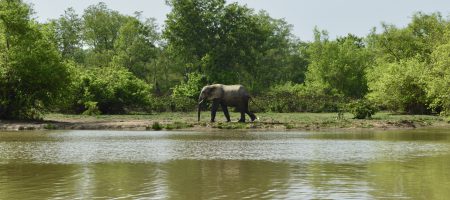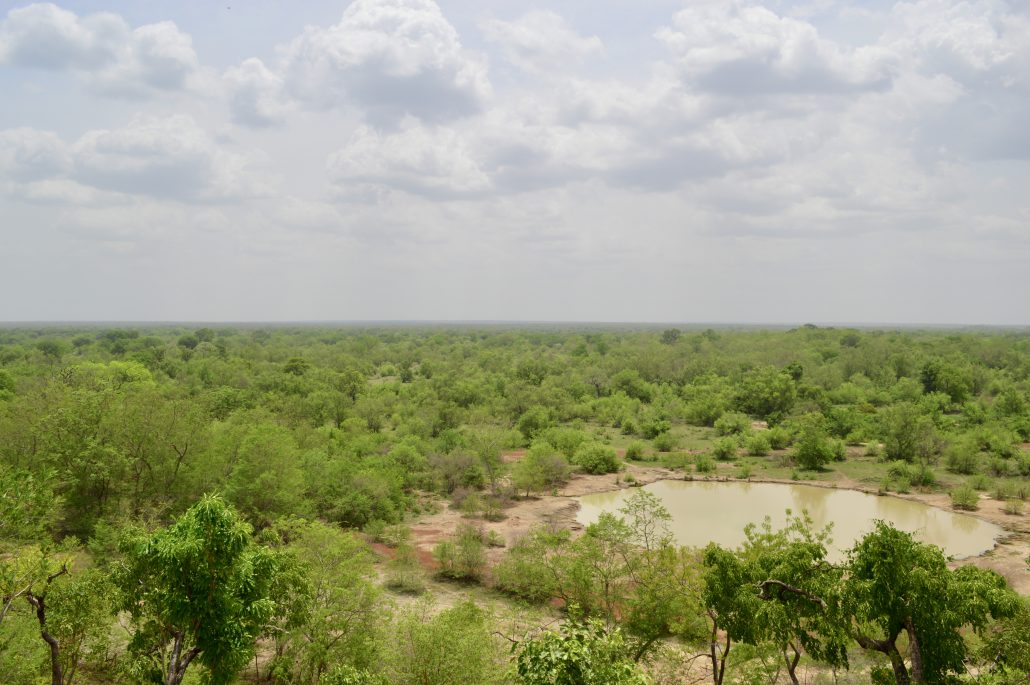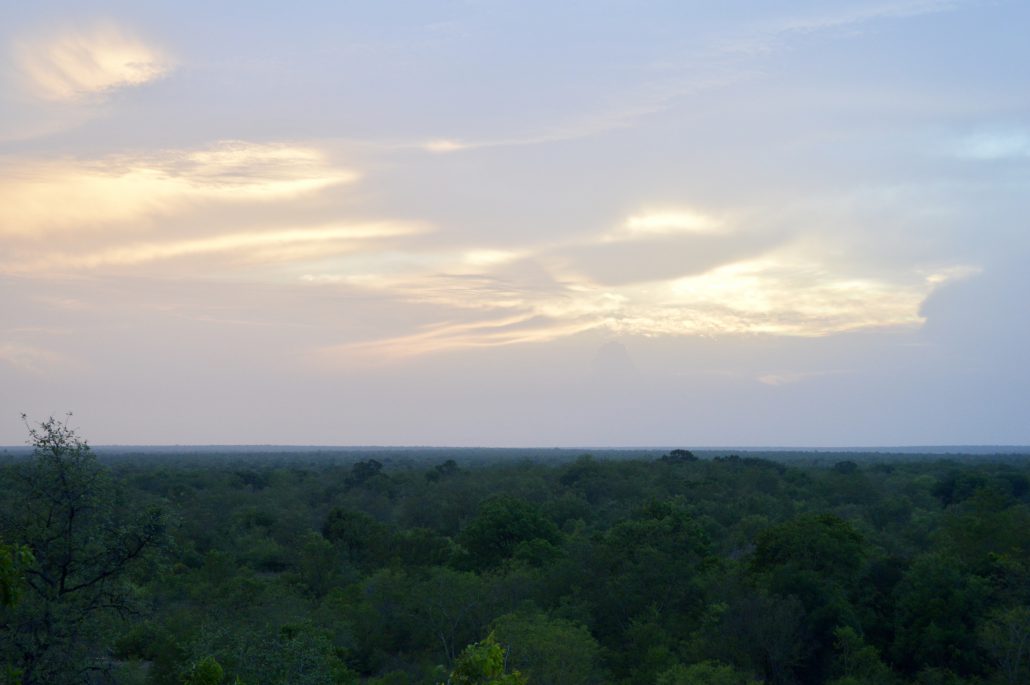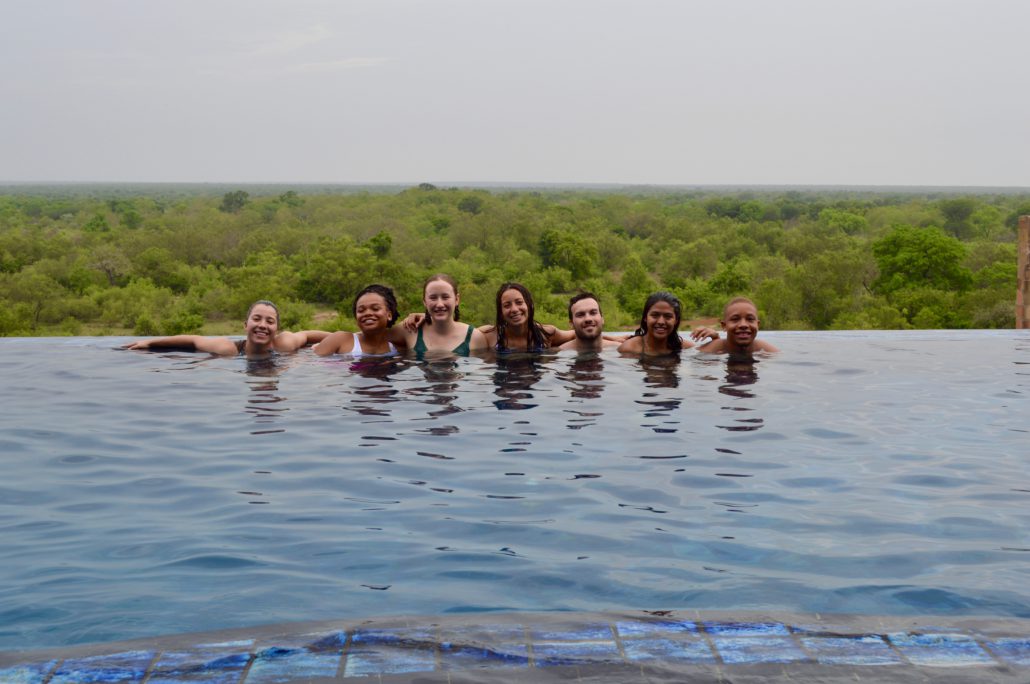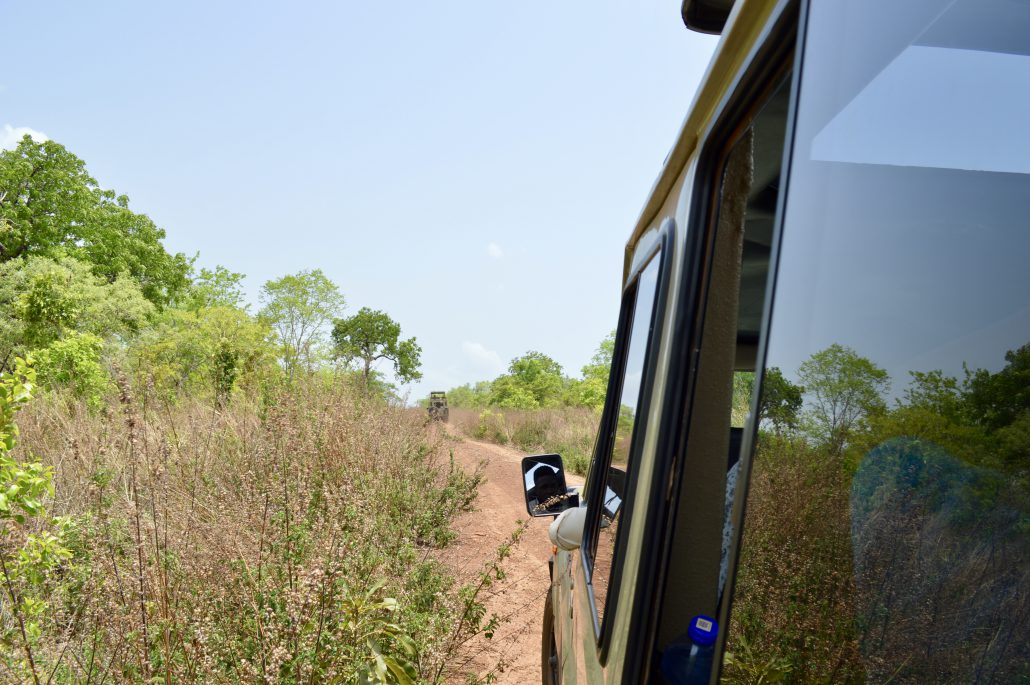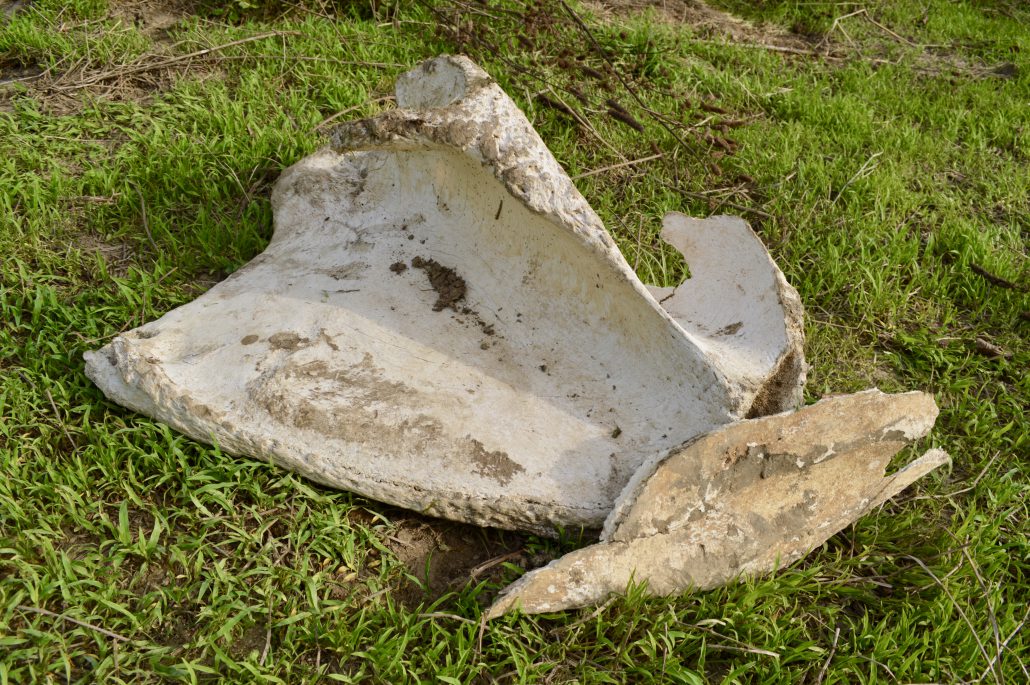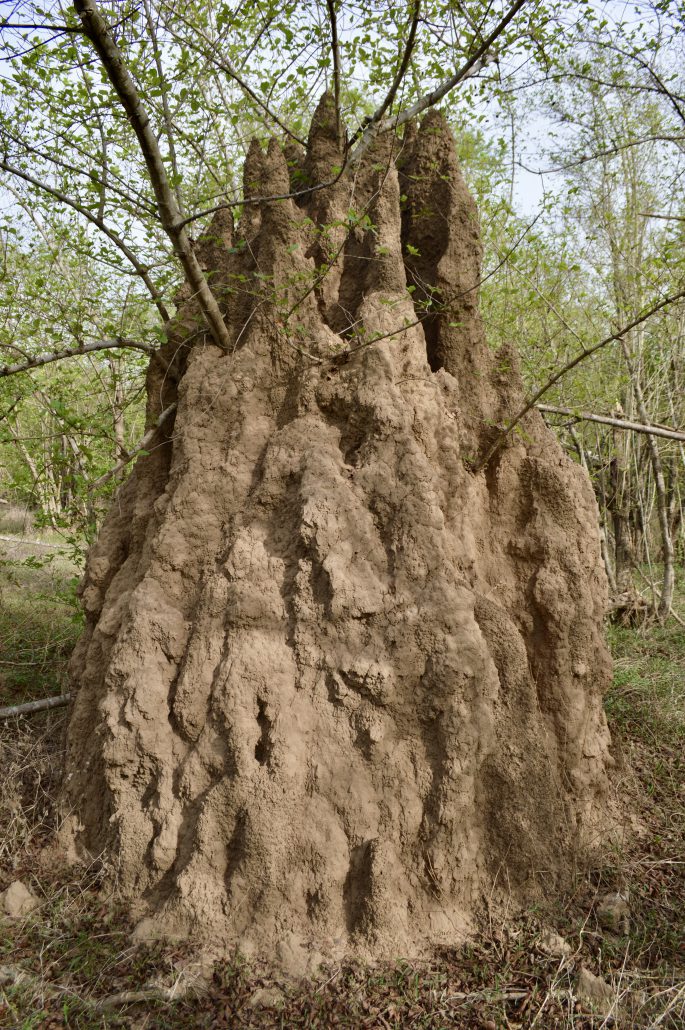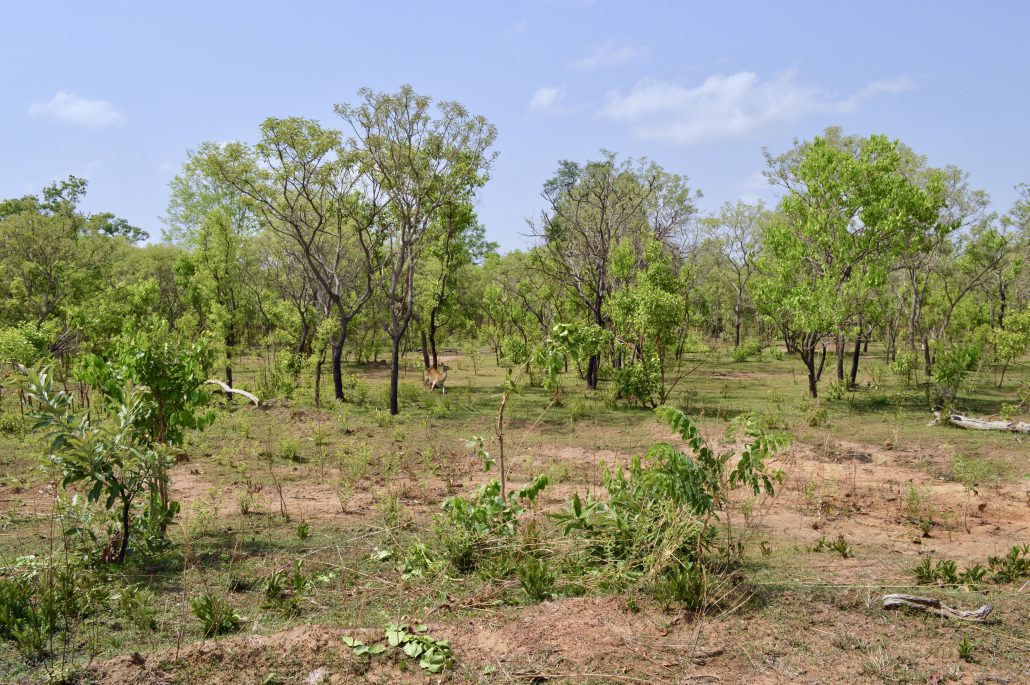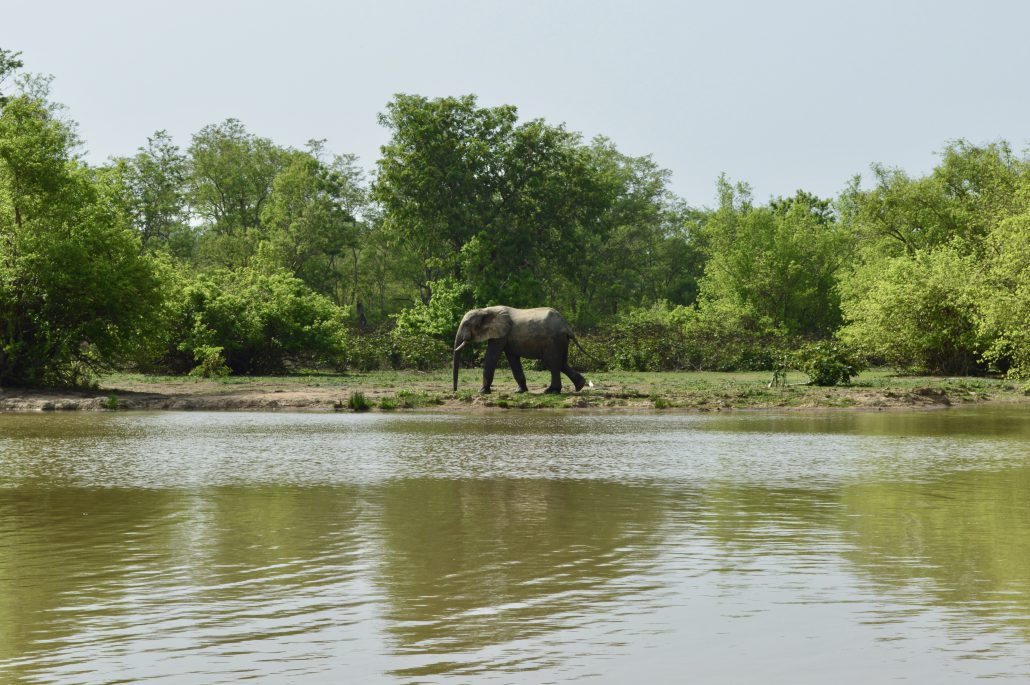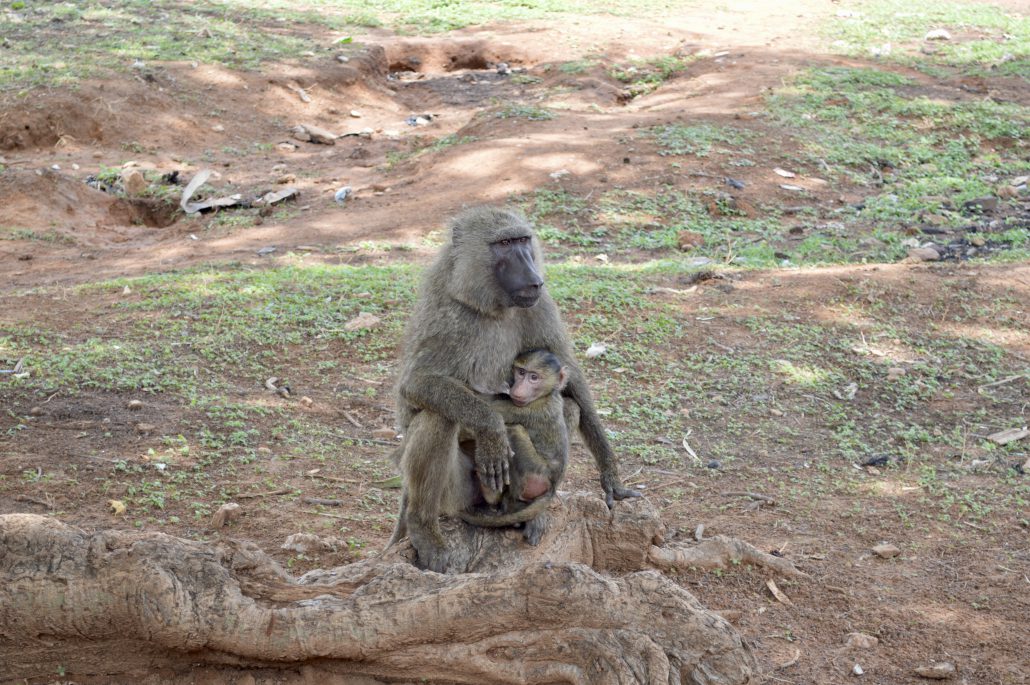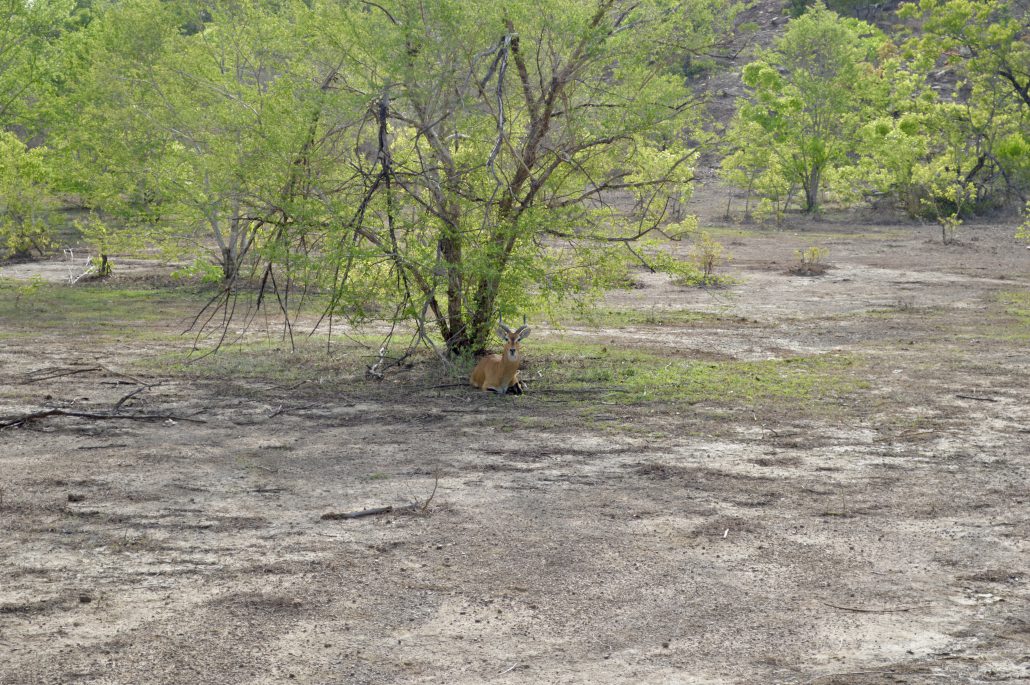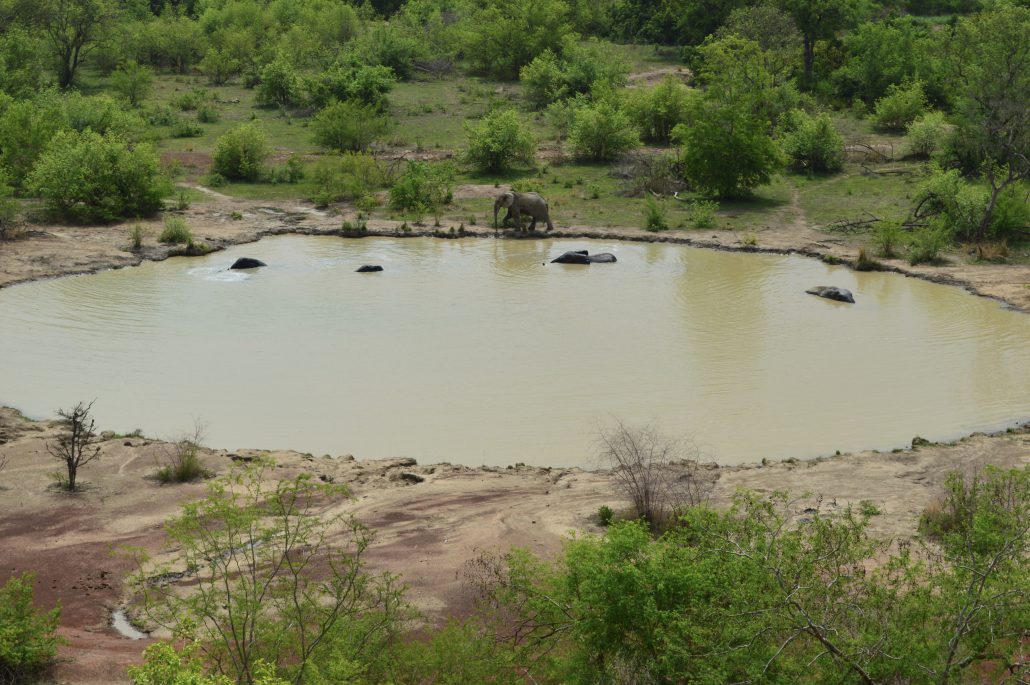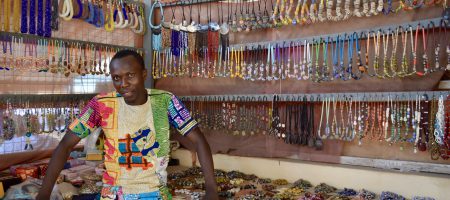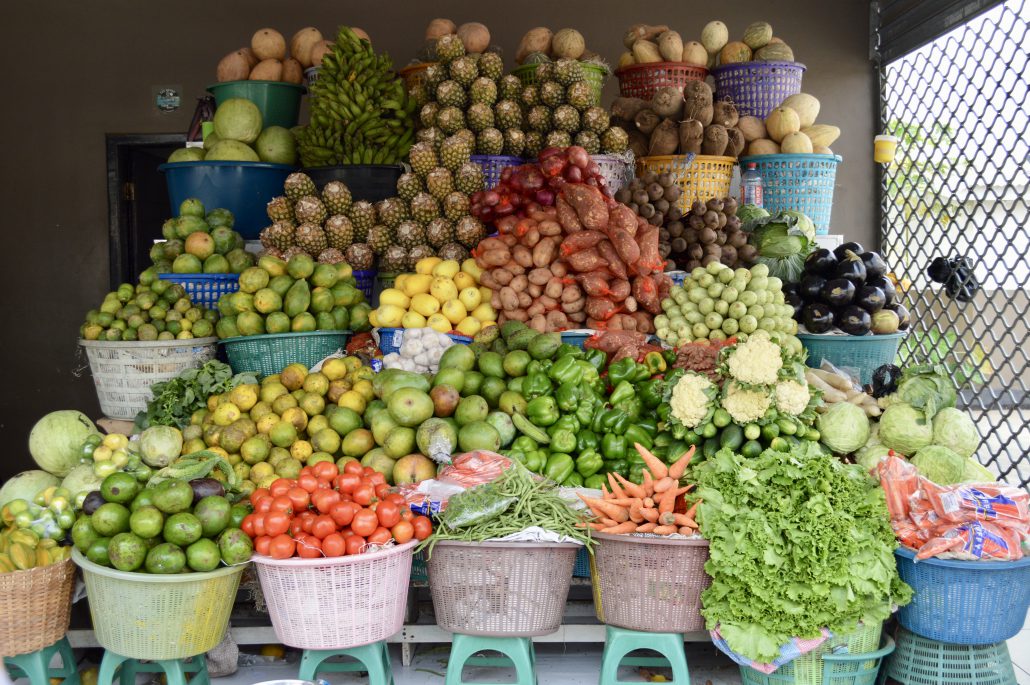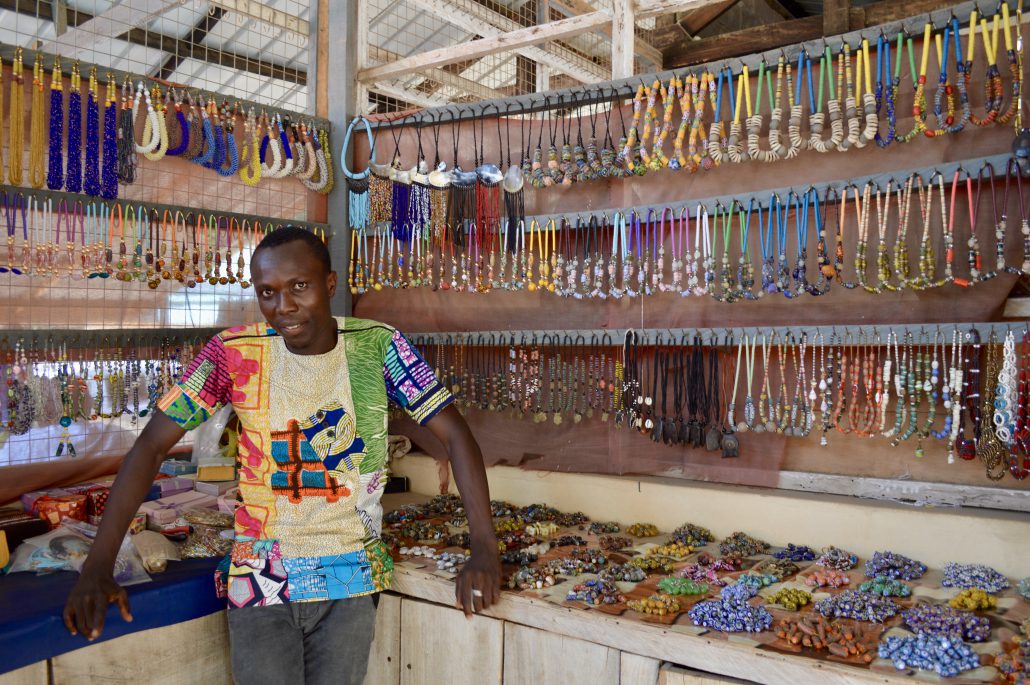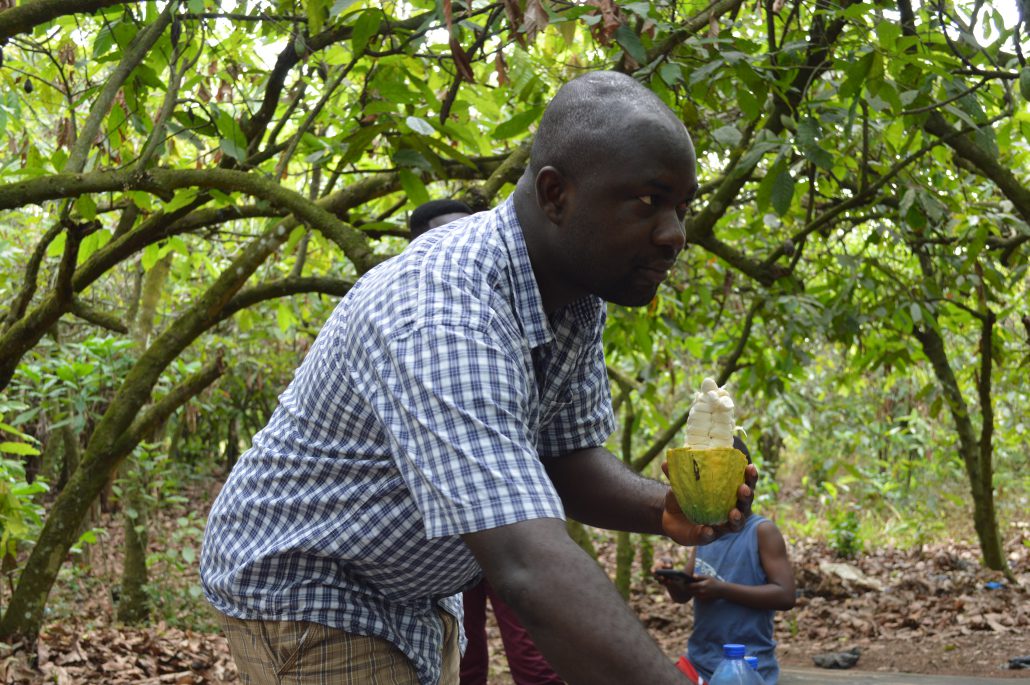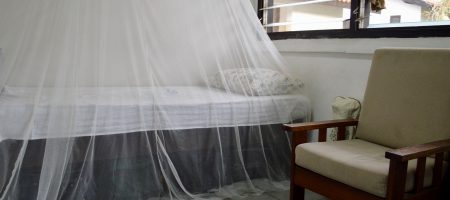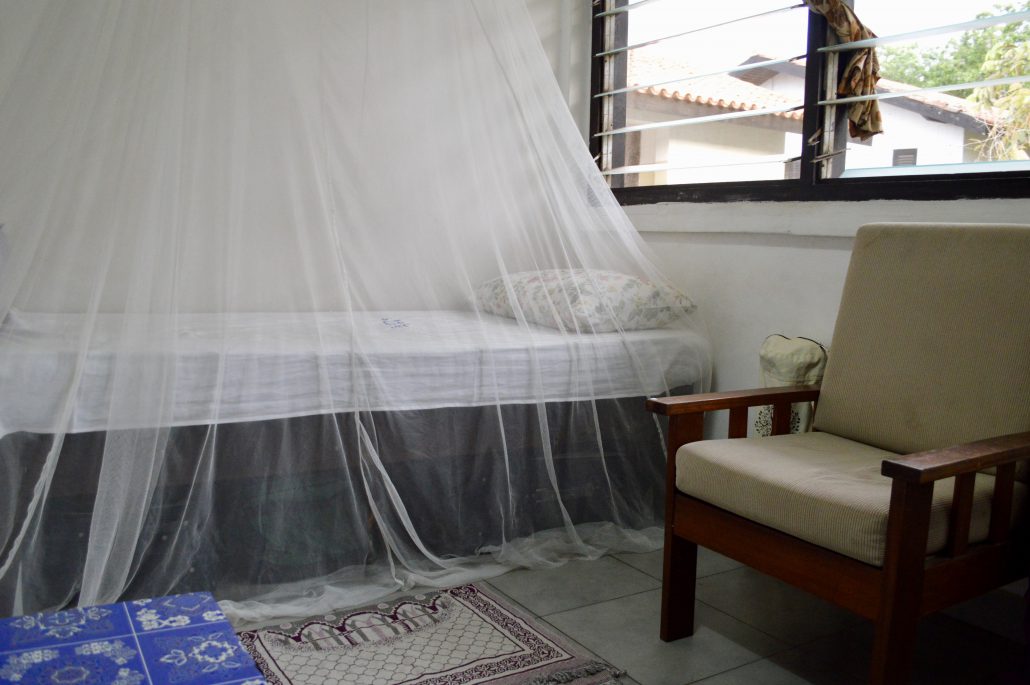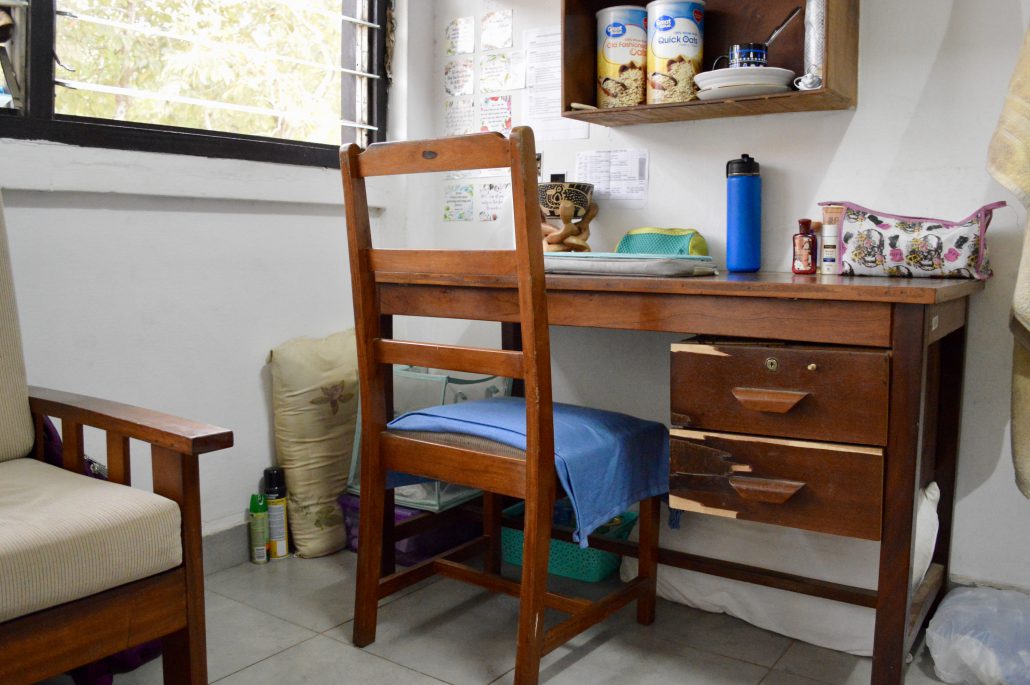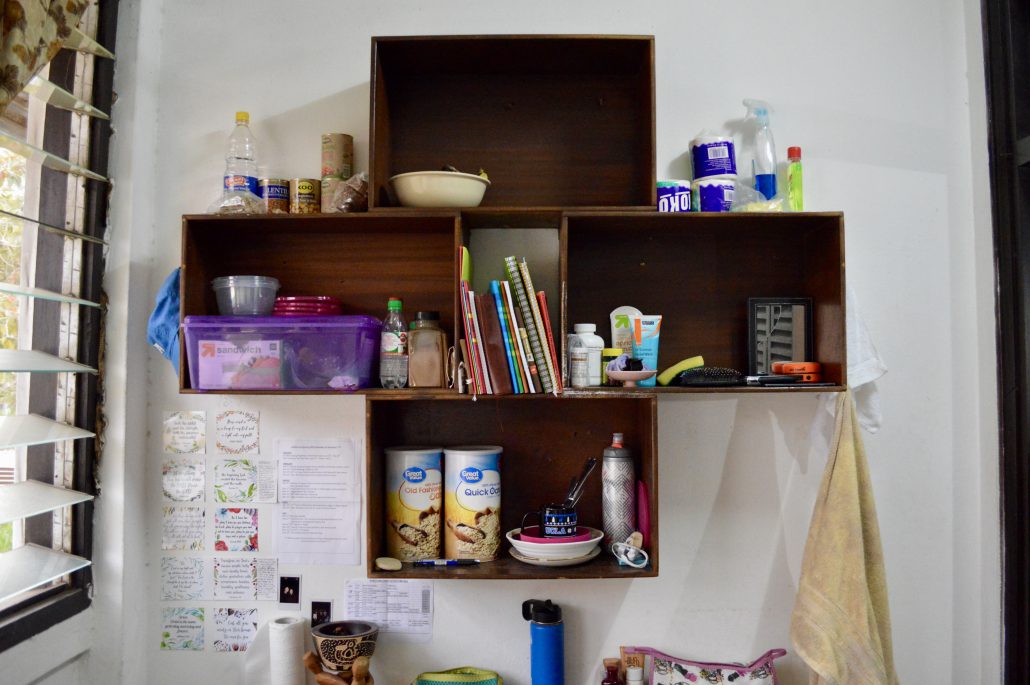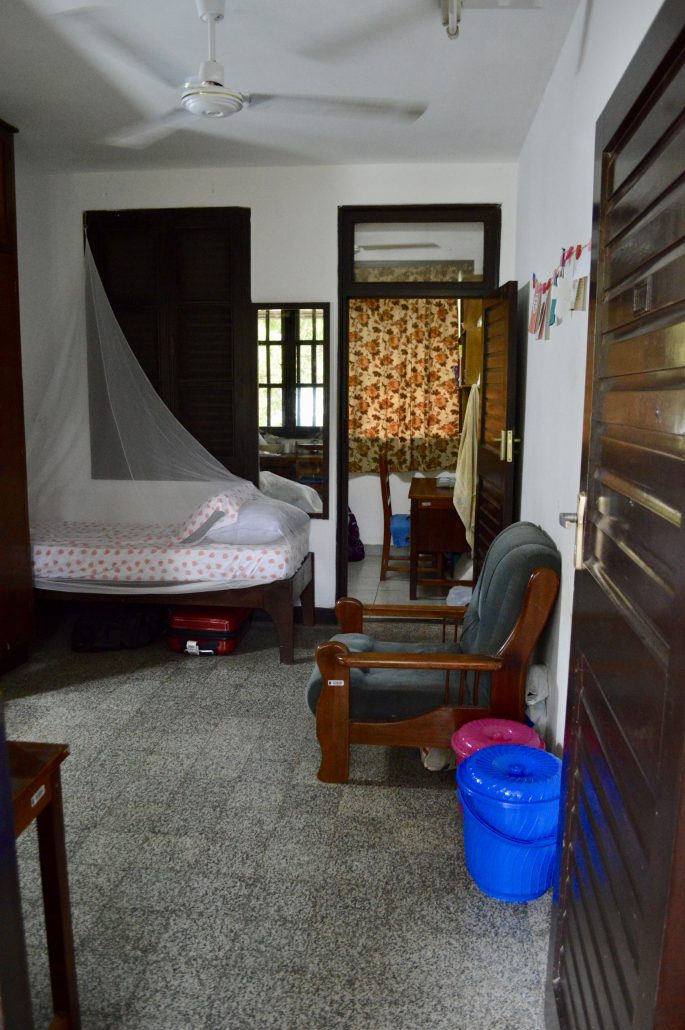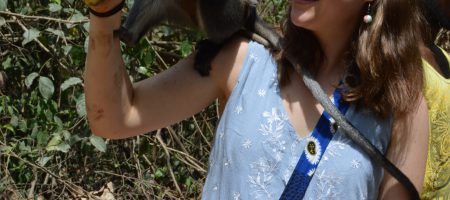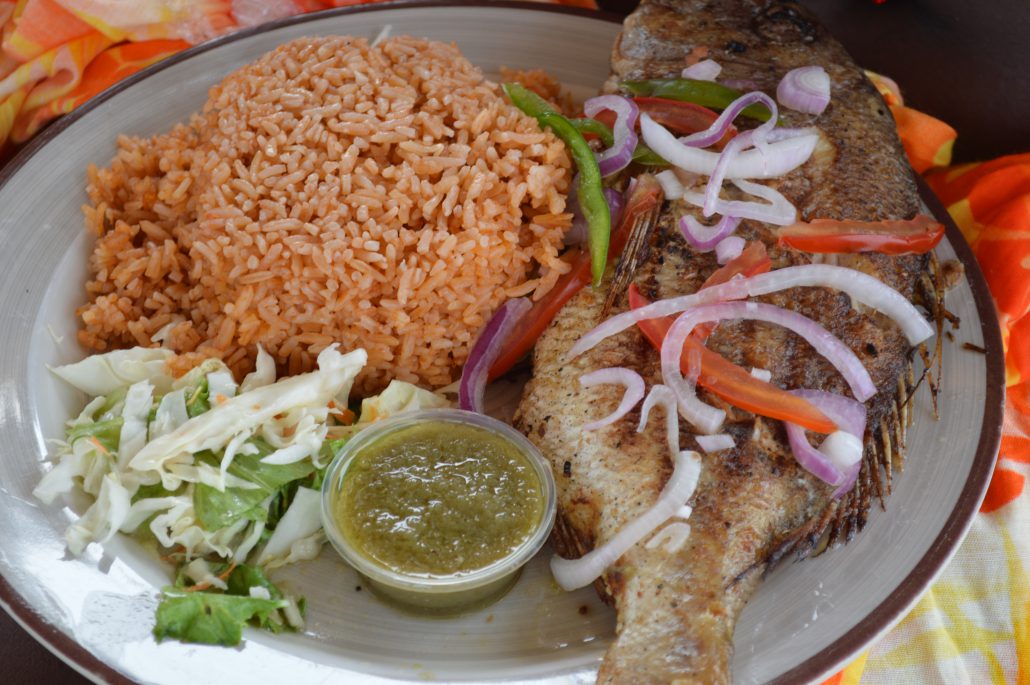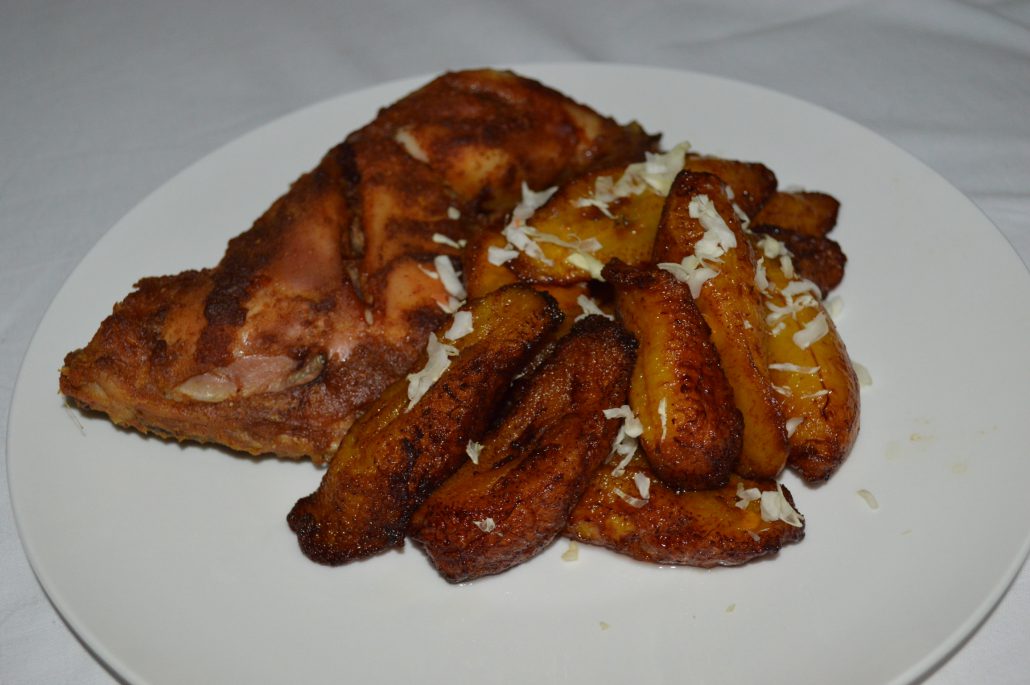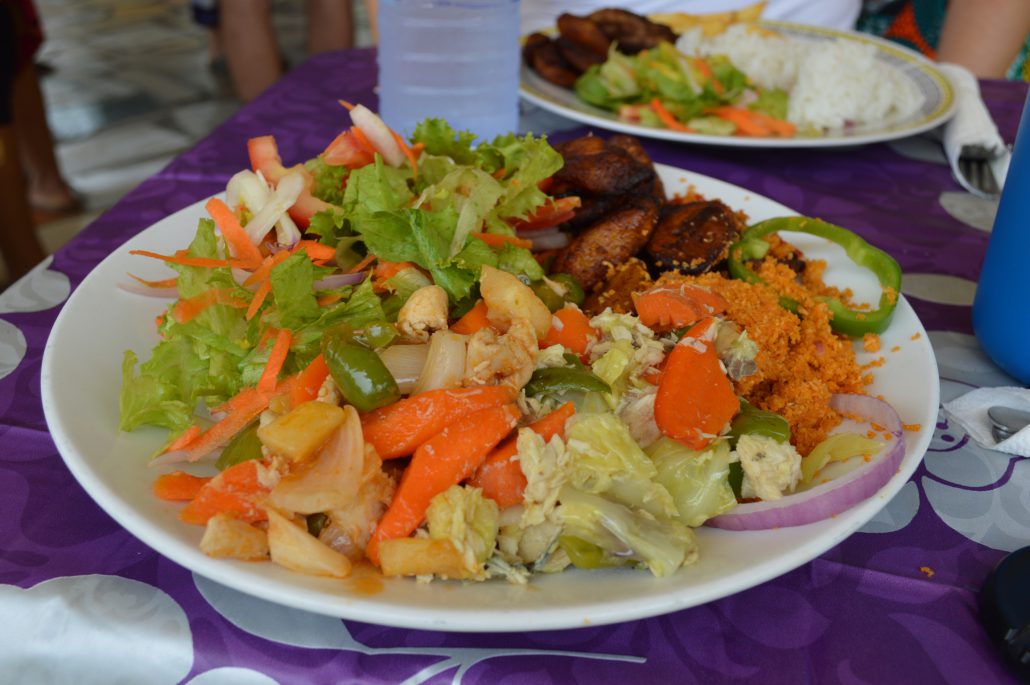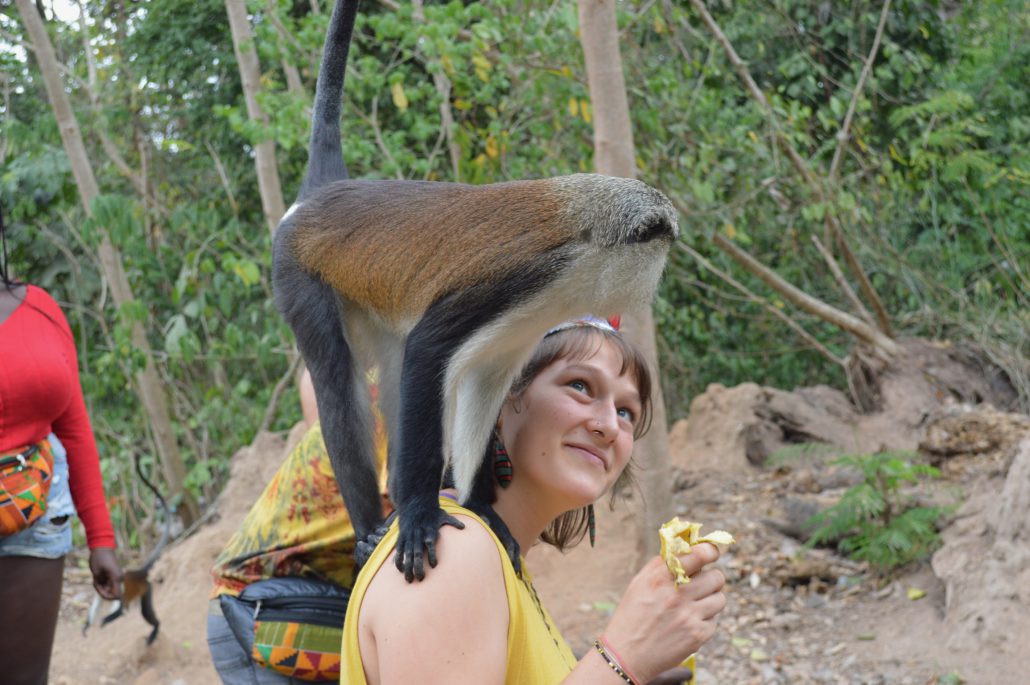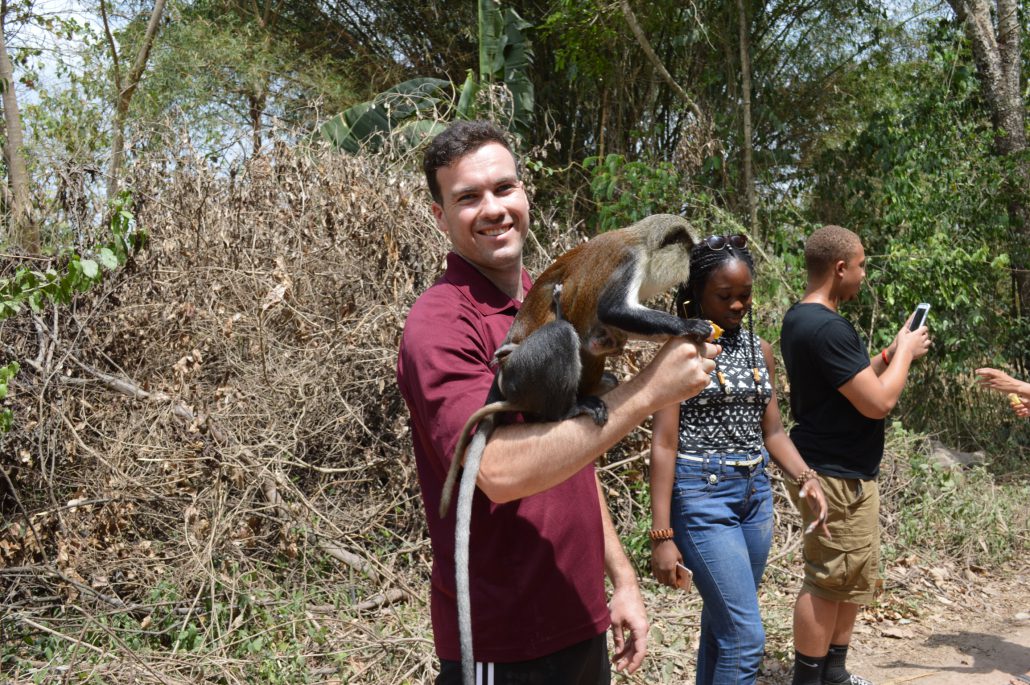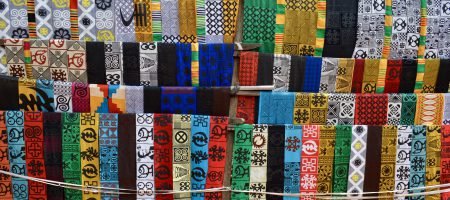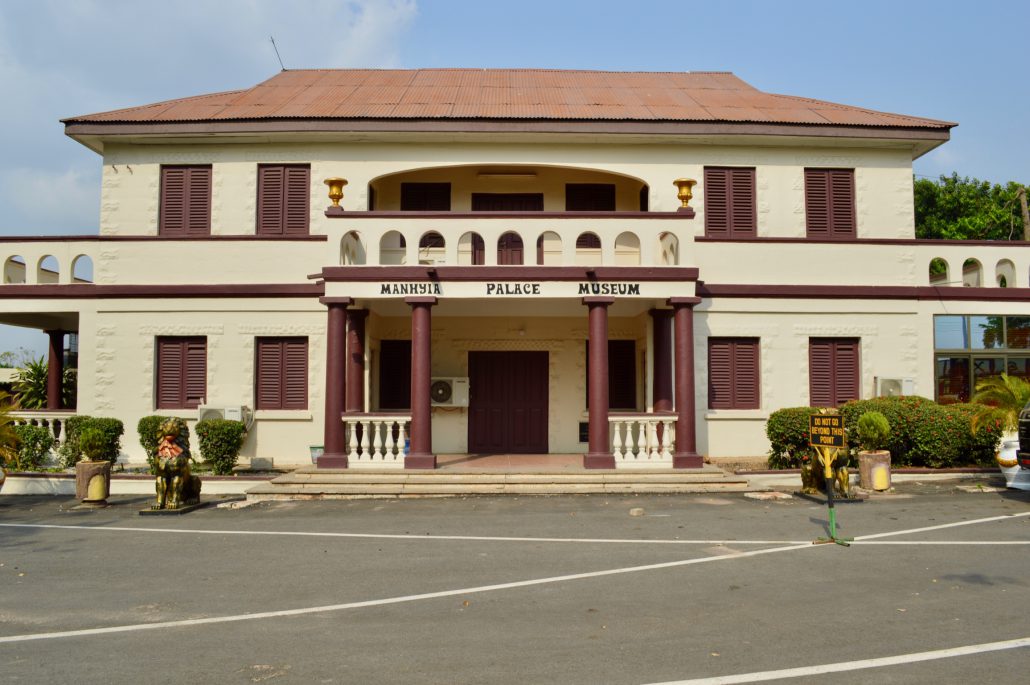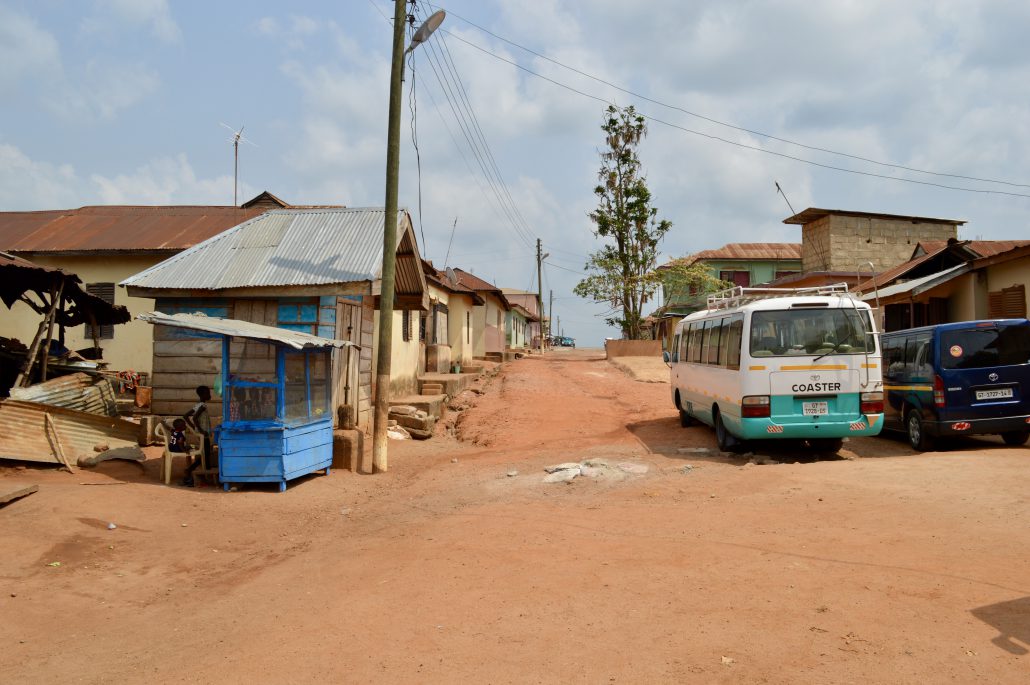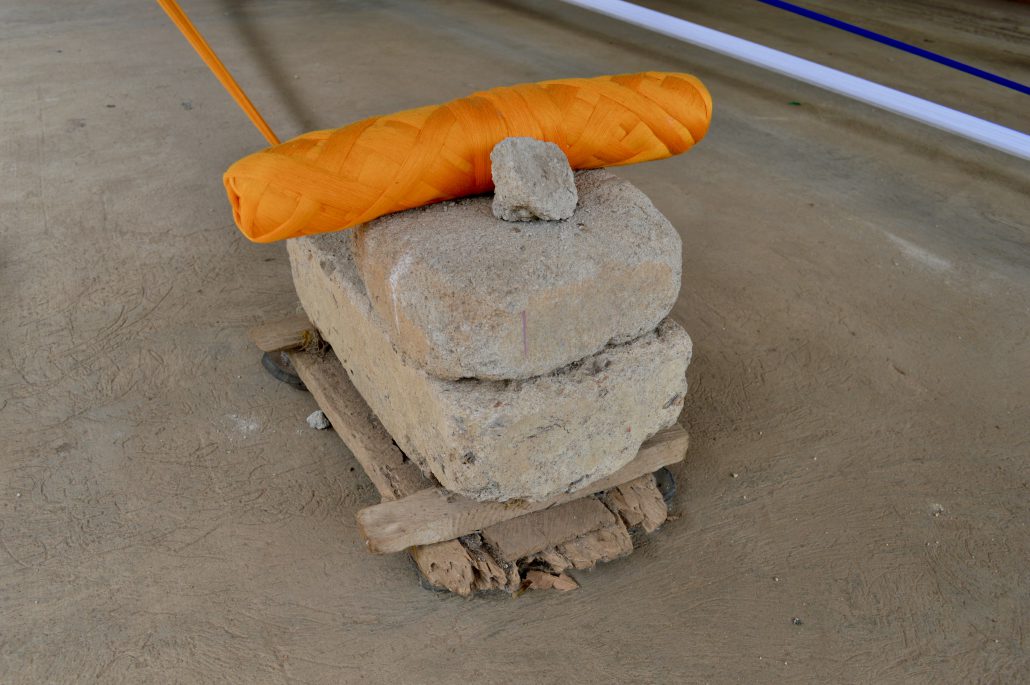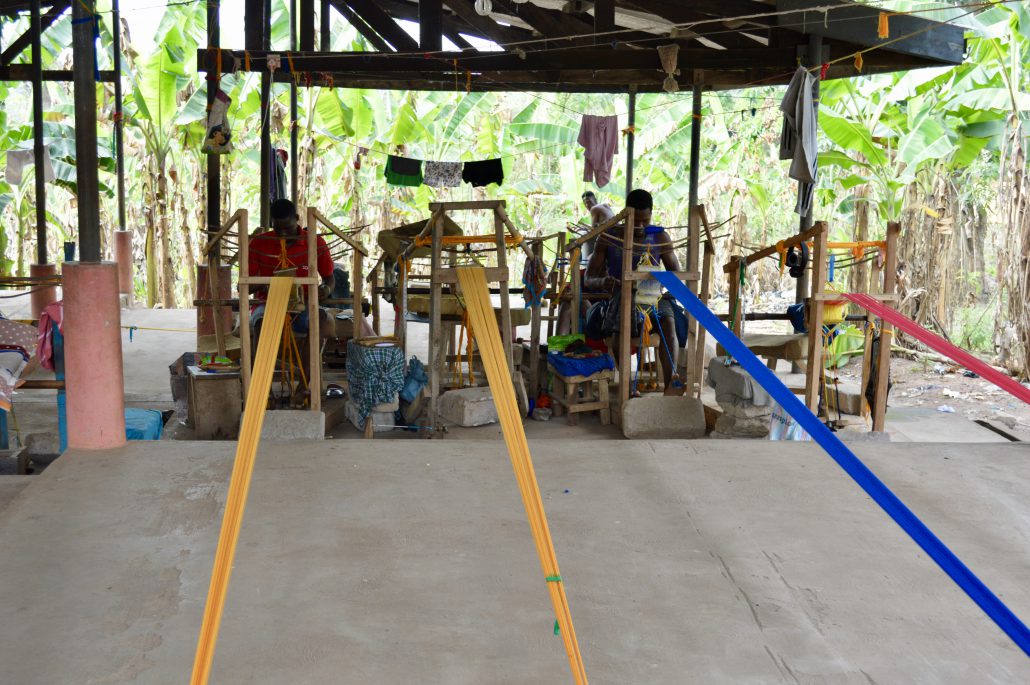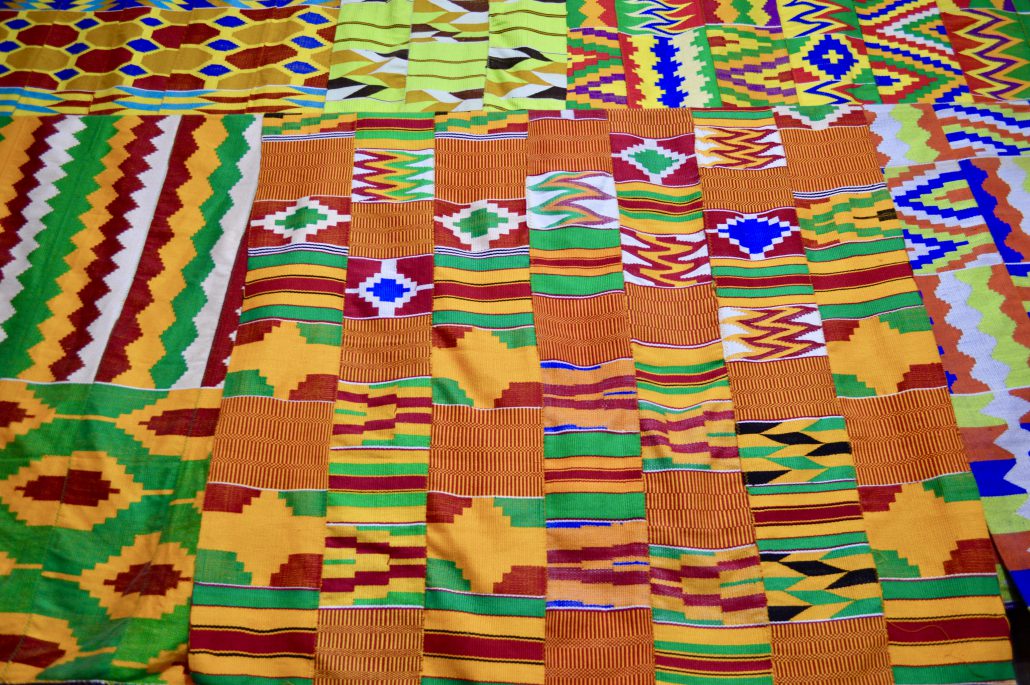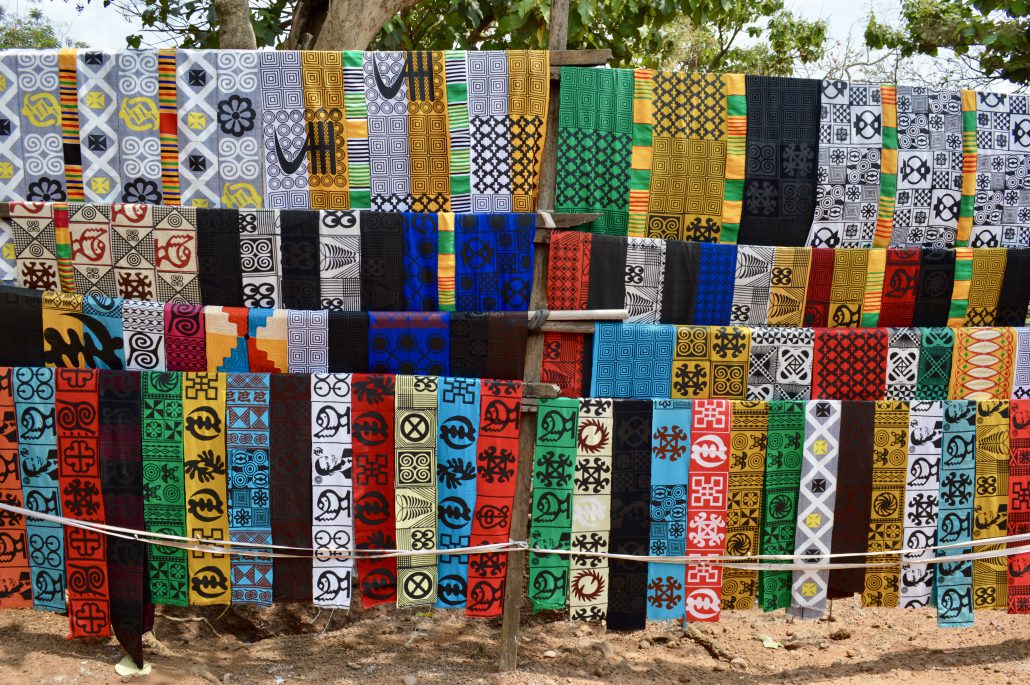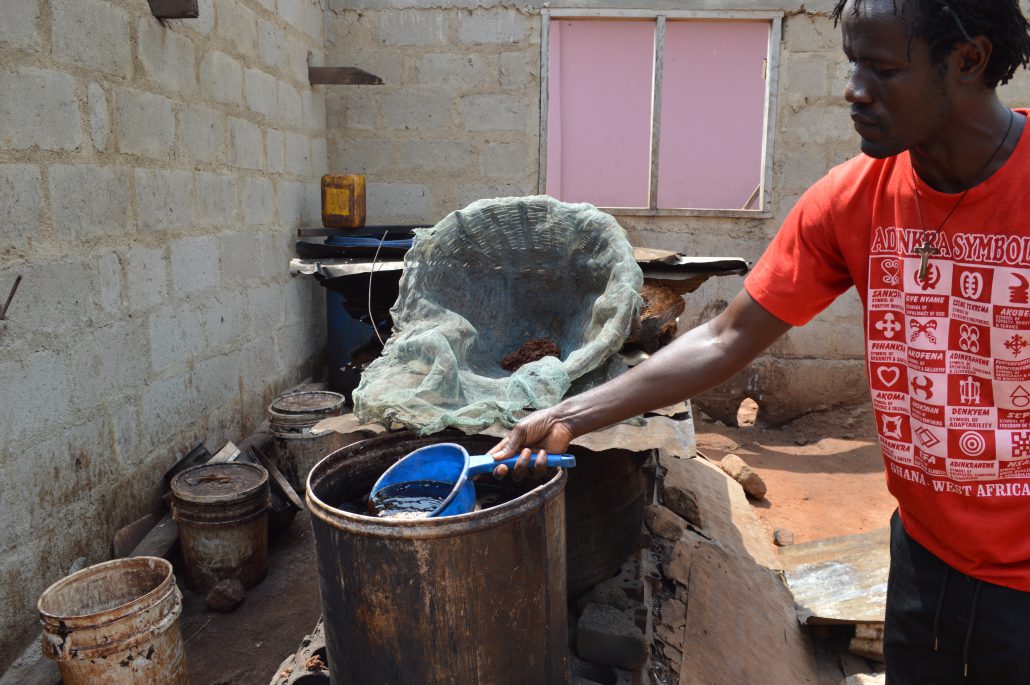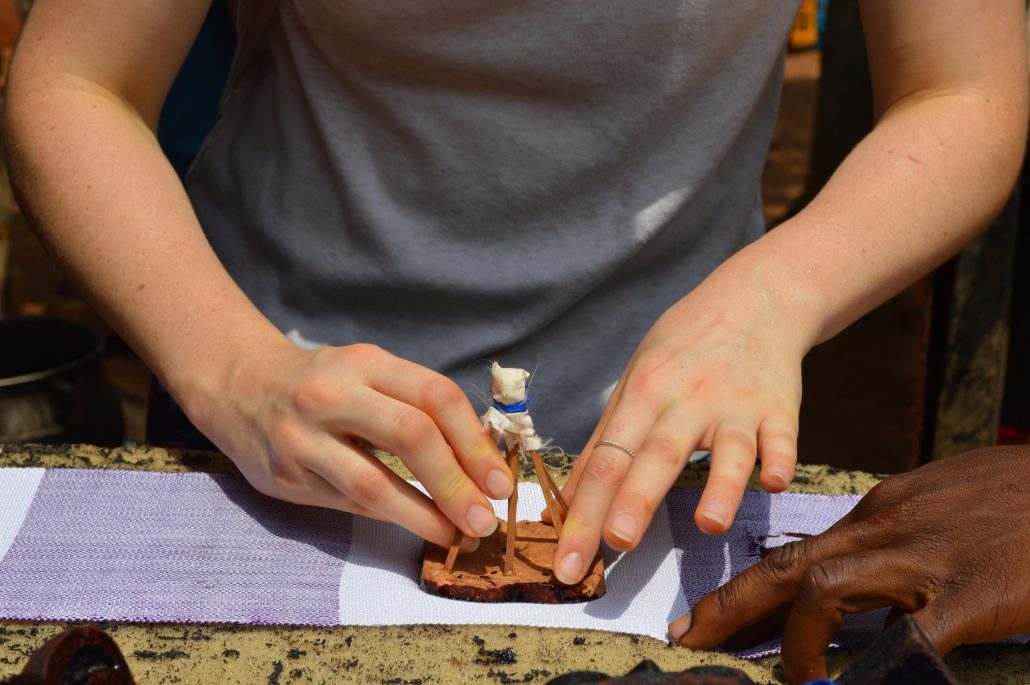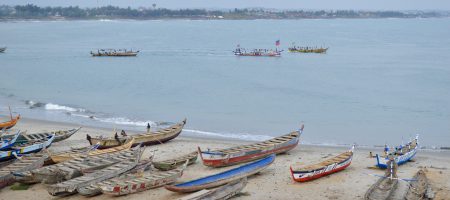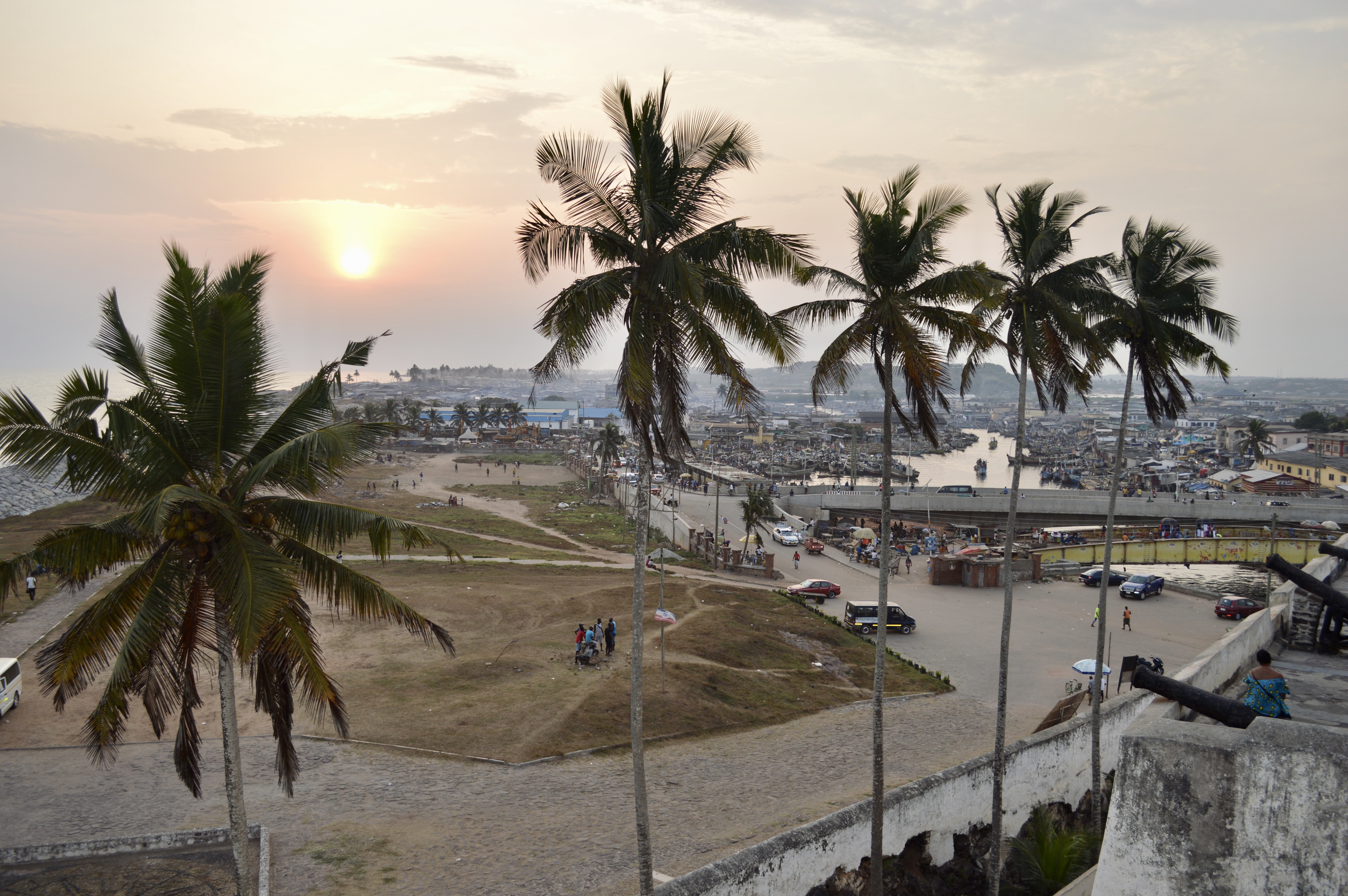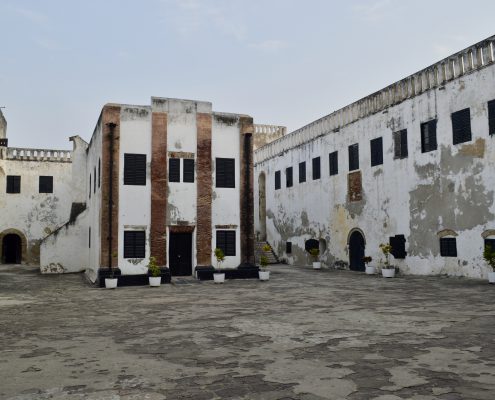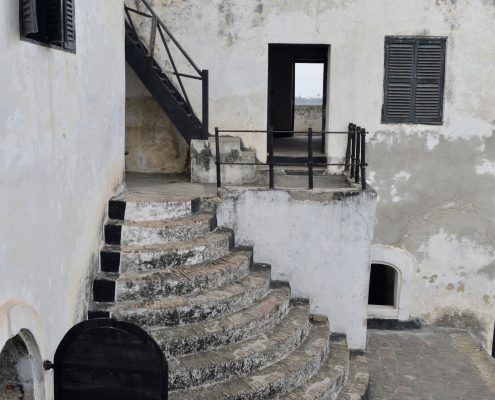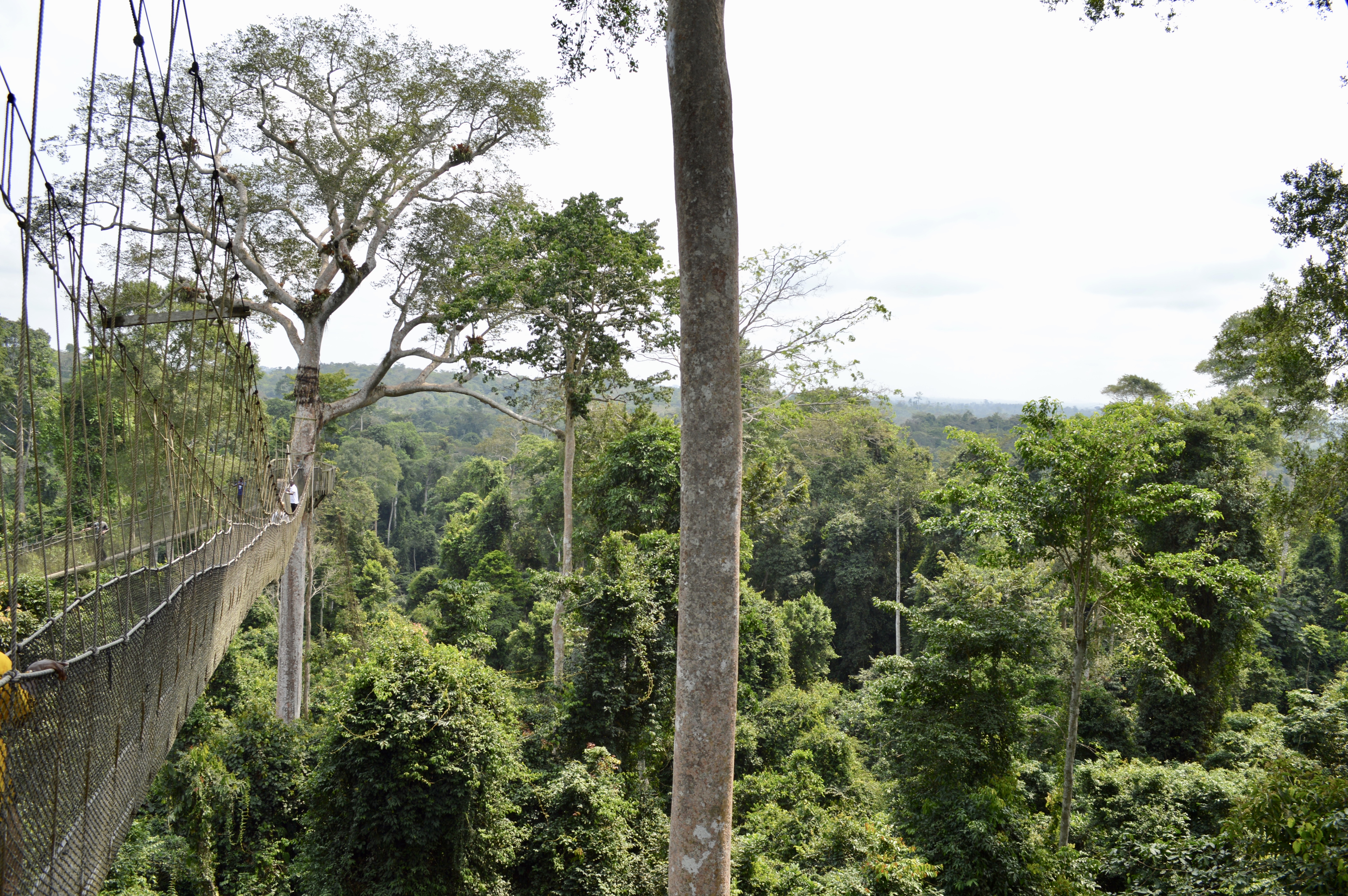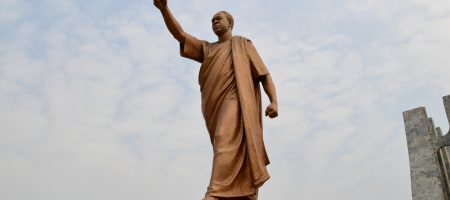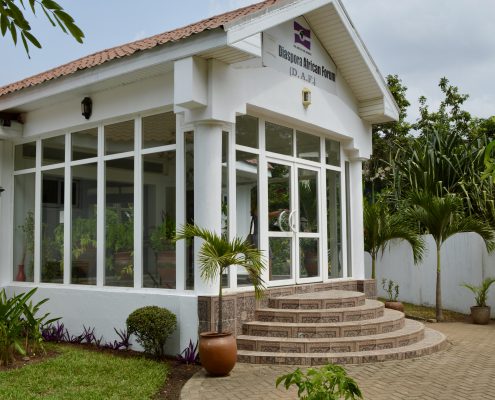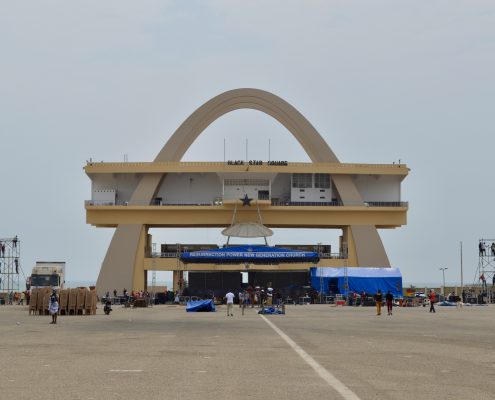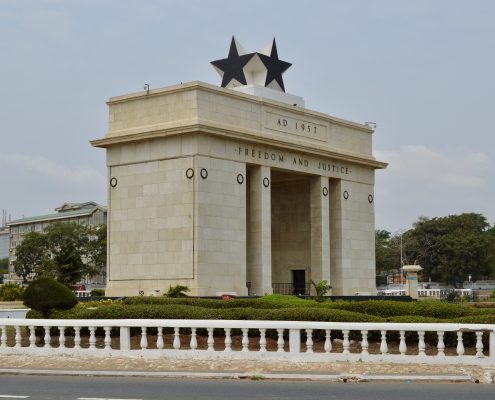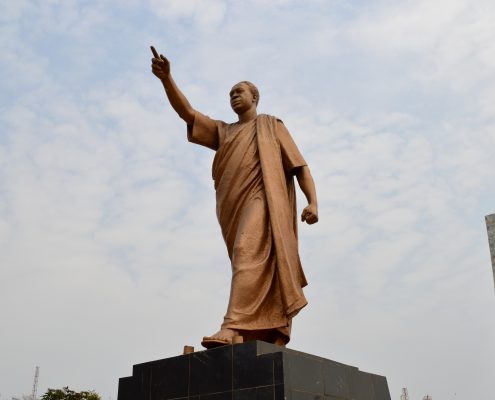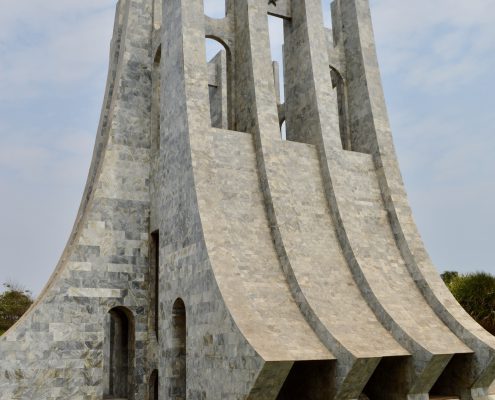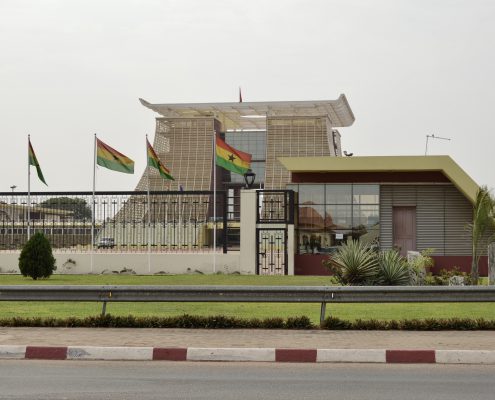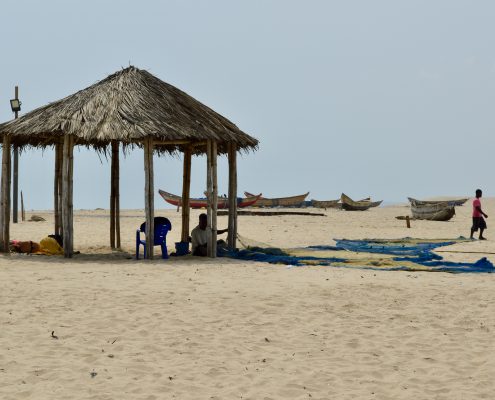Ghana | How My Experiences in Ghana are Preparing Me for Global Citizenship
BY ASHLEY YOUNG
Globalization was all the rage of the early 2000s, and it is still of major importance today. As our world becomes increasingly more connected, different cultures meet and merge, economies become highly interdependent, and access to the internet is expanded to even the most rural and restricted areas, the idea of global citizenship has taken on new importance. Understanding places, social systems, peoples, languages, and cultures other than your own is highly valuable and can be readily used in the work place as well as personal daily life. I believe that studying abroad is one of the best ways to adopt a global outlook and prepare yourself to be a global citizen, and so I thought that in this post I would share some of the key experiences I have had in Ghana that have prepared me for global citizenship. This post will be comprised of ten individual photos that each have a caption fulfilling the statement: “Studying abroad in Ghana has prepared me for global citizenship by…” Each photo was taken during my time in Ghana and corresponds directly to its caption! Enjoy!
Studying abroad in Ghana has prepared me for global citizenship by…
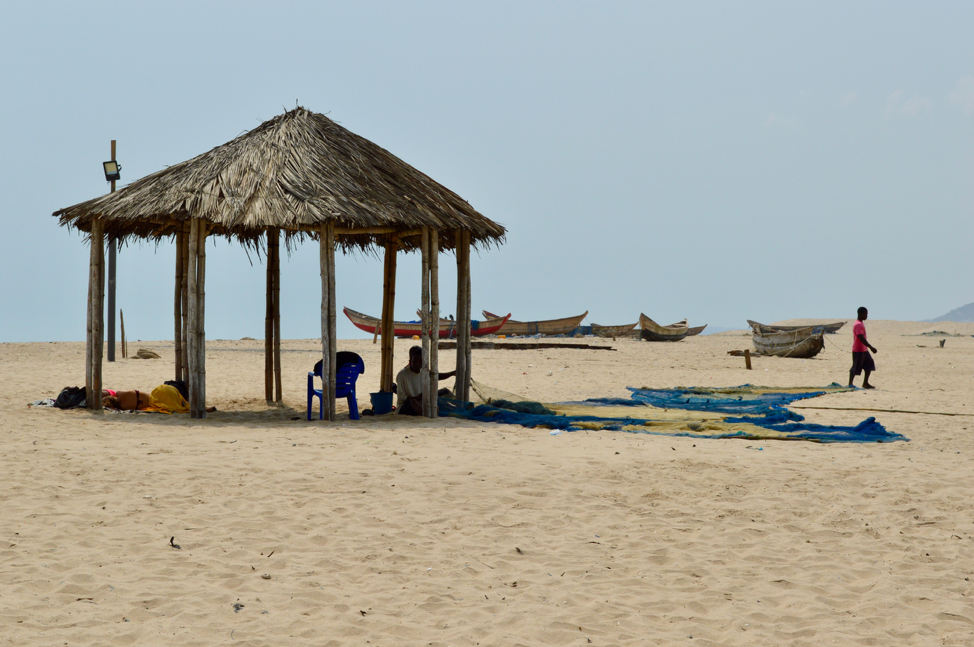
- Exposing me to new people, places, and ways of life and improving my intercultural communication skills (Pictured: Fisherman at Bojo Beach)
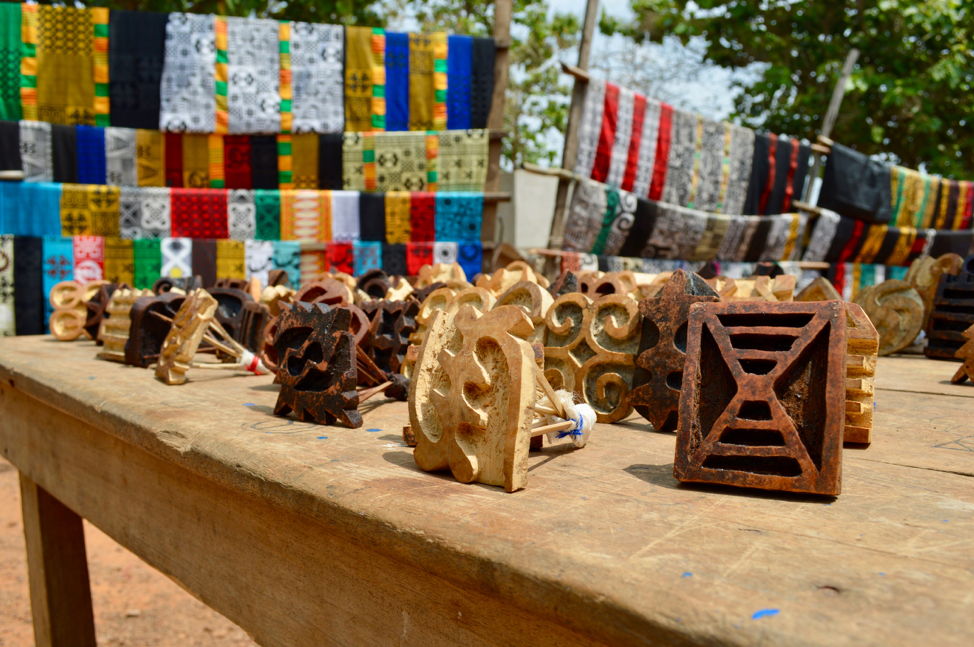
2. Helping me to understand different philosophies and perspectives outside of my native culture (Pictured: Adinkra symbols)
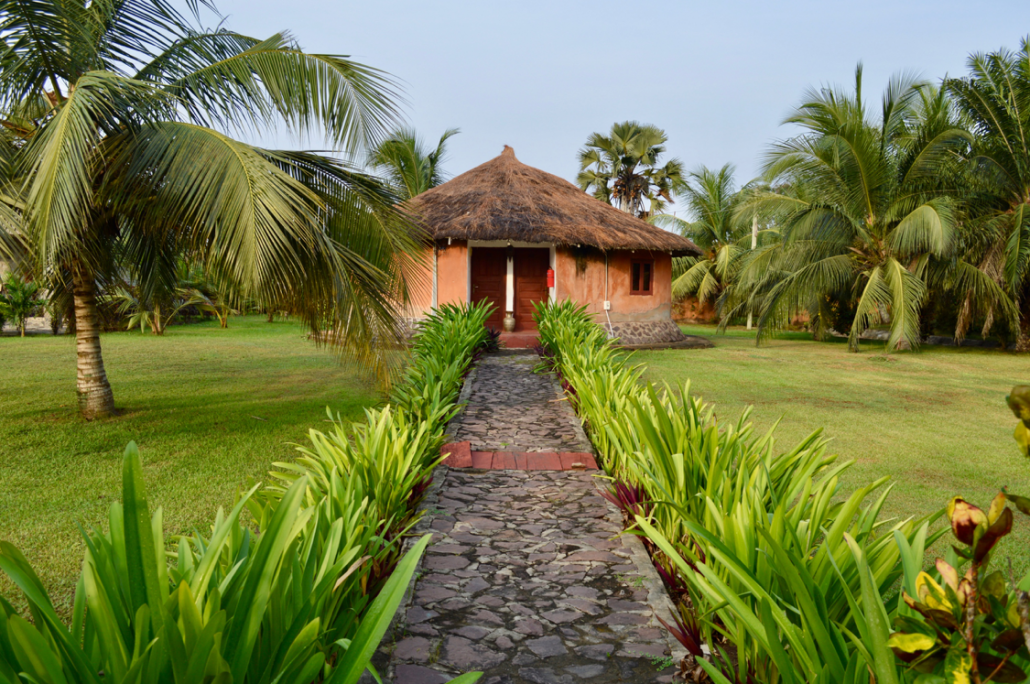
3. Developing my knowledge, appreciation, and value of other groups and regions of the world (Pictured: An African style building)
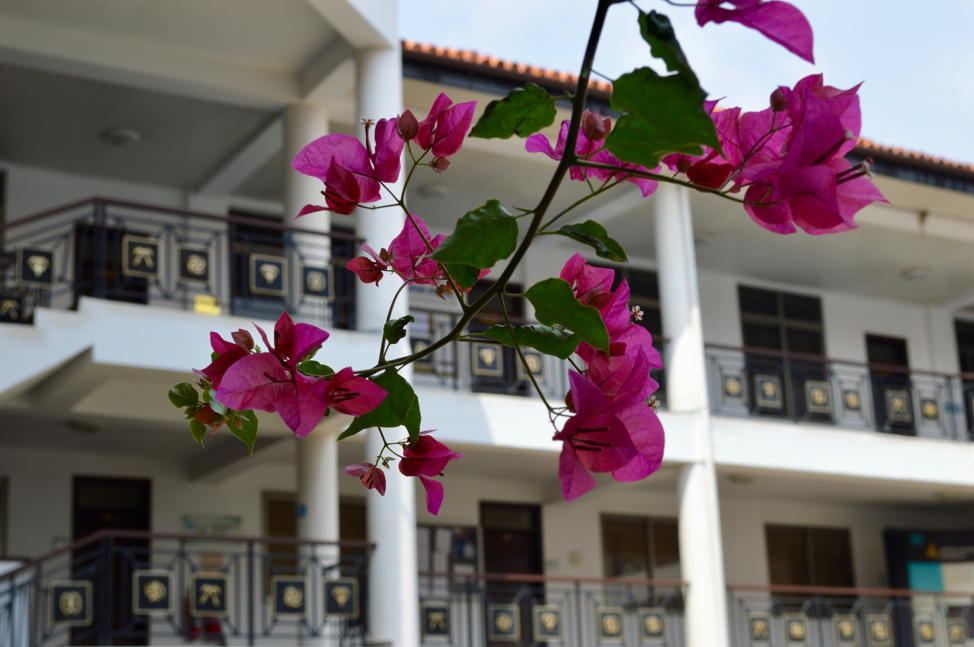
4. Giving me experience learning a new language and participating in other culturally immersive activities (Pictured: Flower at the University of Ghana International Programmes Building, where I am learning Twi)
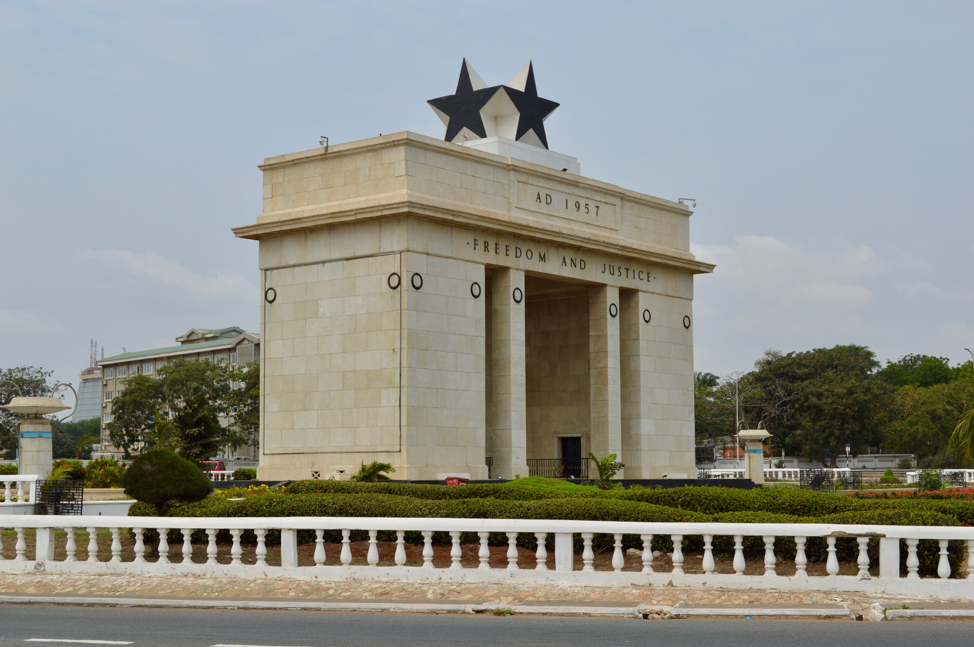
5. Providing me with outstanding research opportunities (I am researching democratization in Ghana) (Pictured: The Independence Arch)
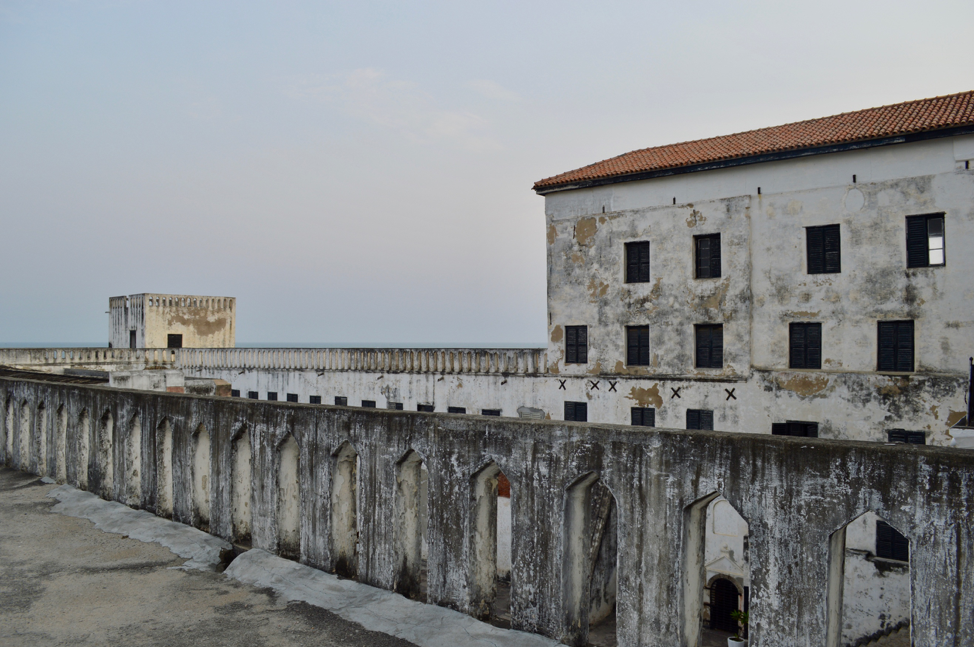
6. Increasing my awareness of historical injustices that have modern implications (Pictured: The Elmina Slave Castle).
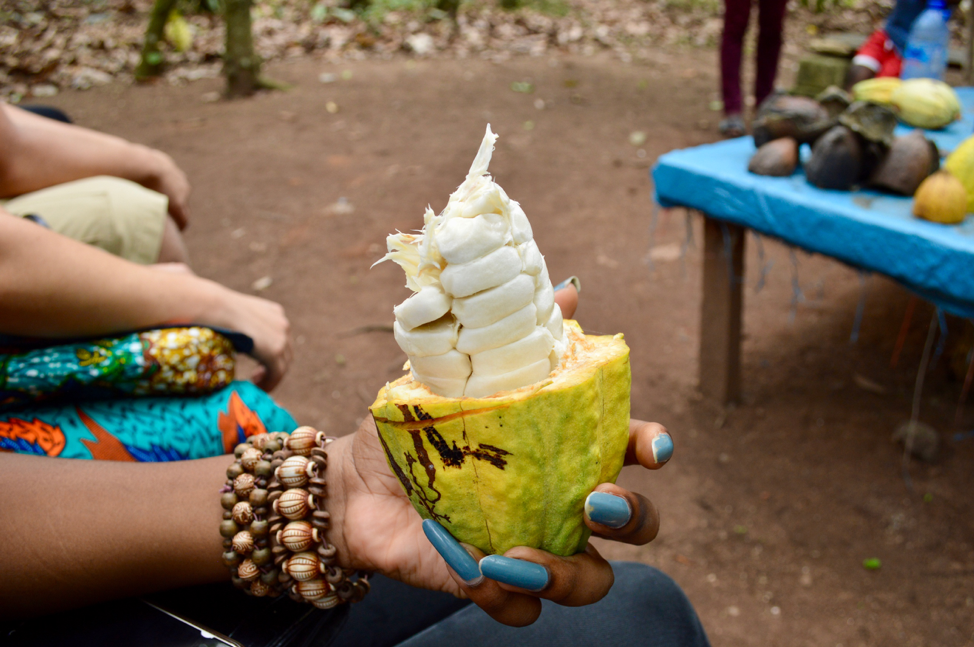
7. Increasing my knowledge of how globalization has impacted Ghana and how globalization affects the international community (Pictured: Cocoa in Ghana)
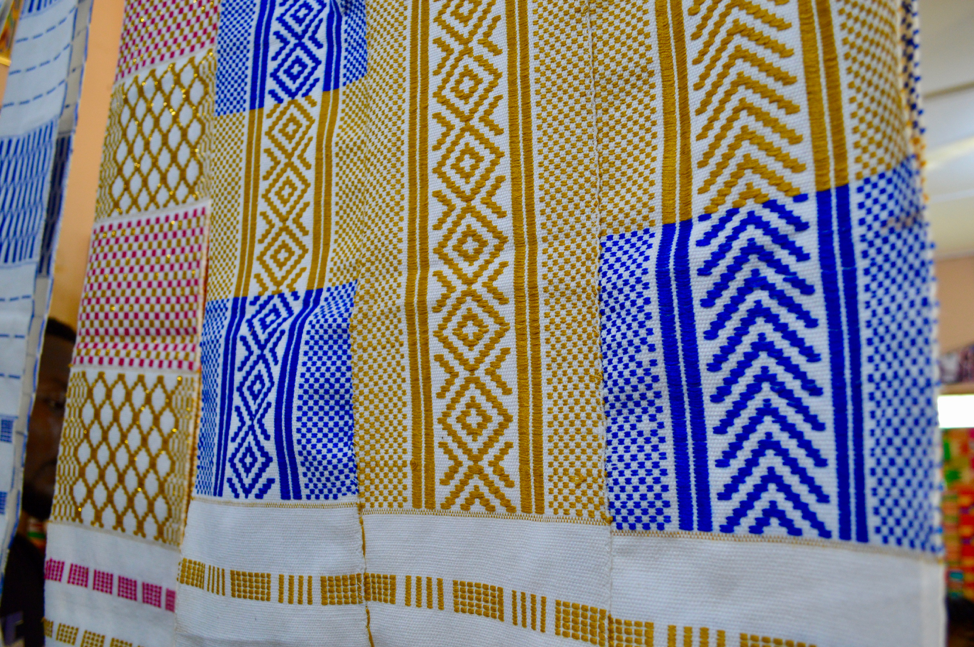
8. Developing my capacity to think creatively and imaginatively about solutions to the challenges of globalization (Pictured: The art of kente)
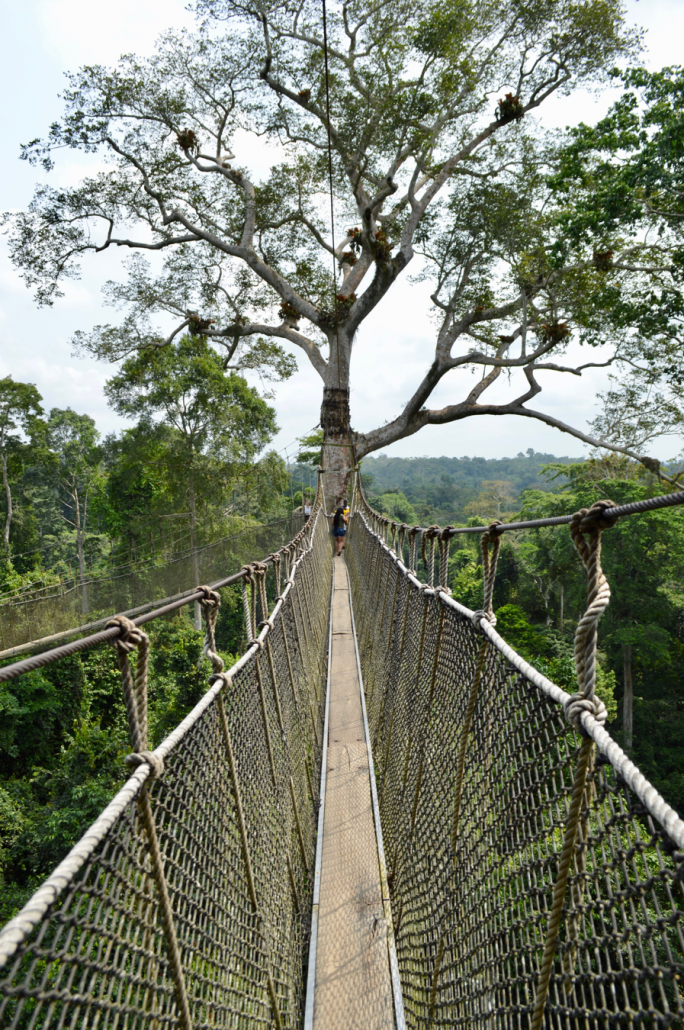
9. Pushing me outside my comfort zone and developing my personal character (Pictured: Heights at the Kakum National Forest Canopy Walk)
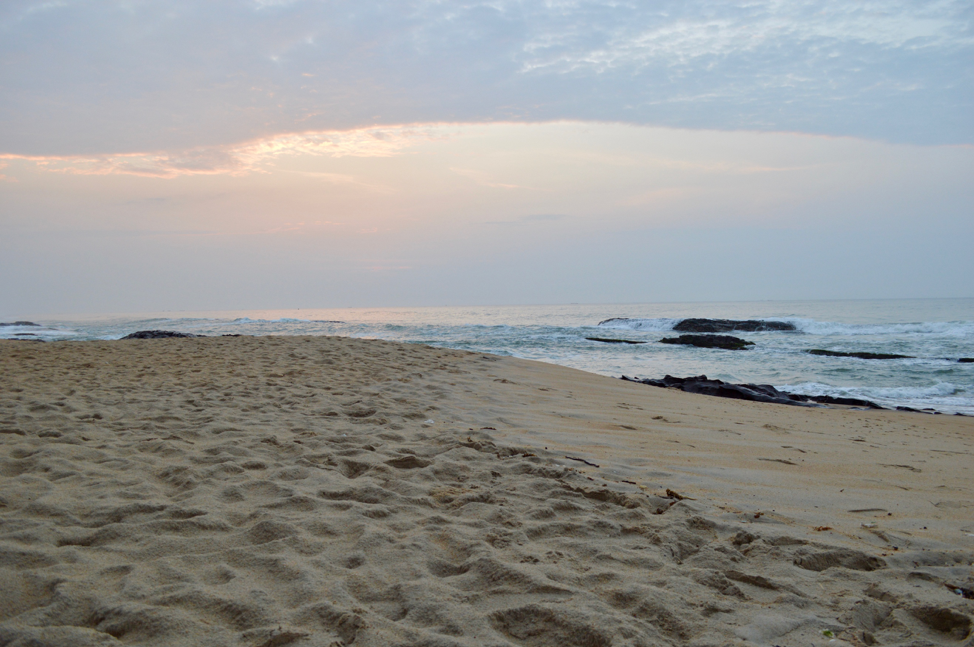
10. Allowing me to reflect on my own position and involvement in the world as a global citizen (Pictured: A Cape Coast sunrise)
Ashley Young studied abroad in Accra, Ghana in 2018: https://uceap.universityofcalifornia.edu/programs/explore-ghana


